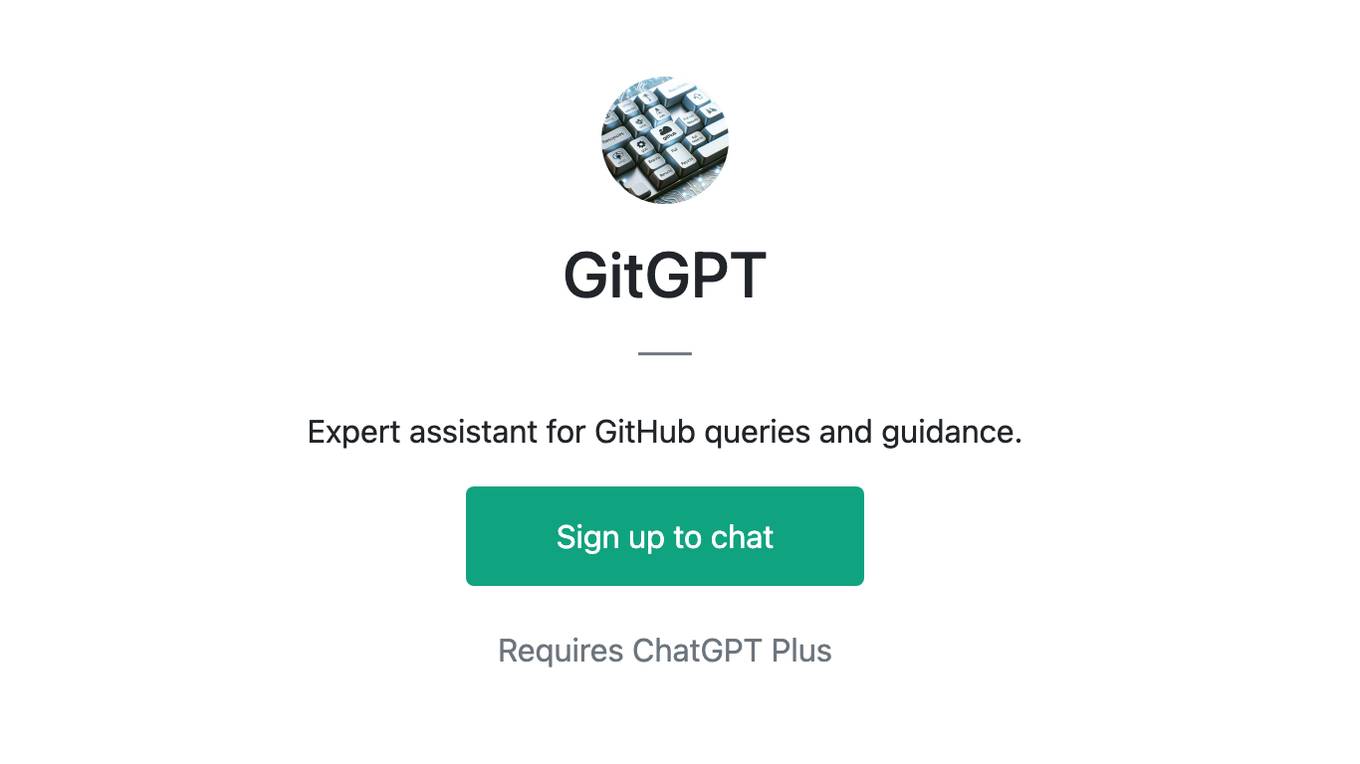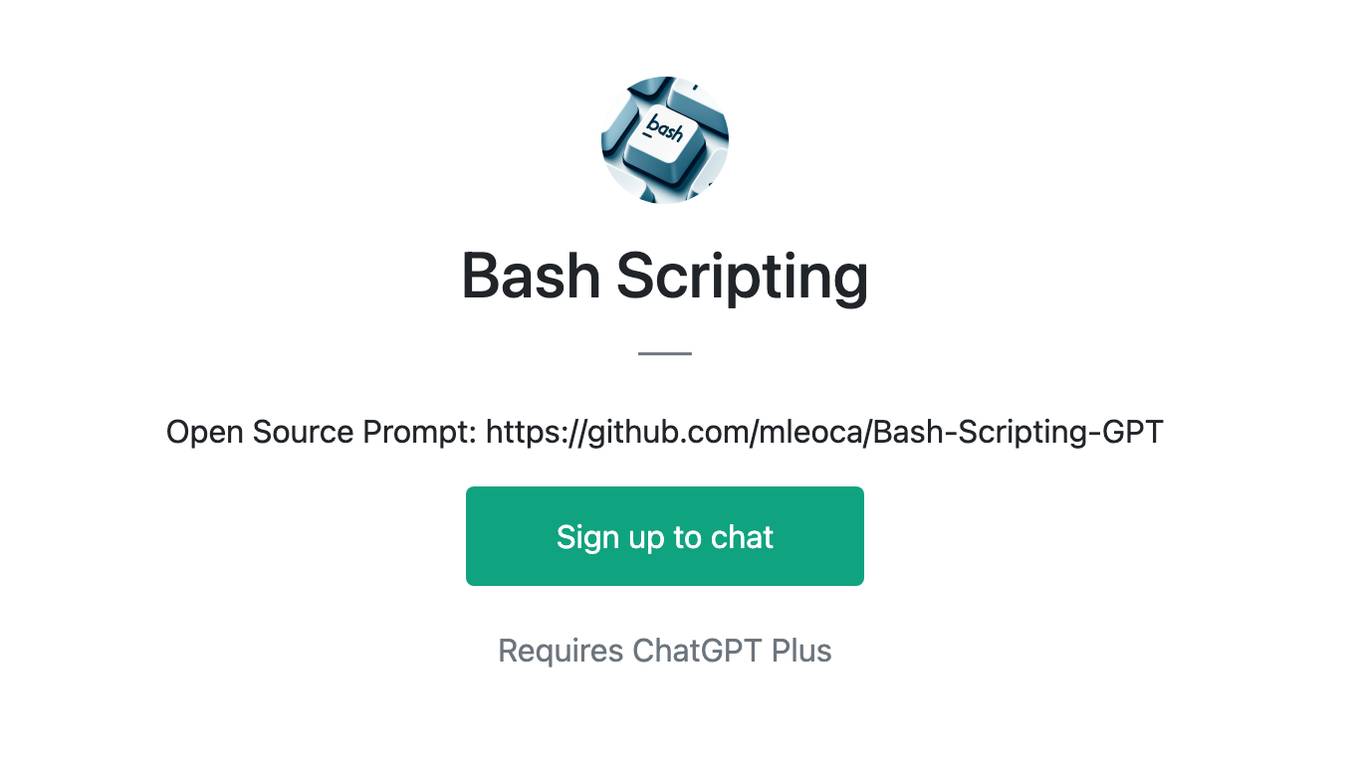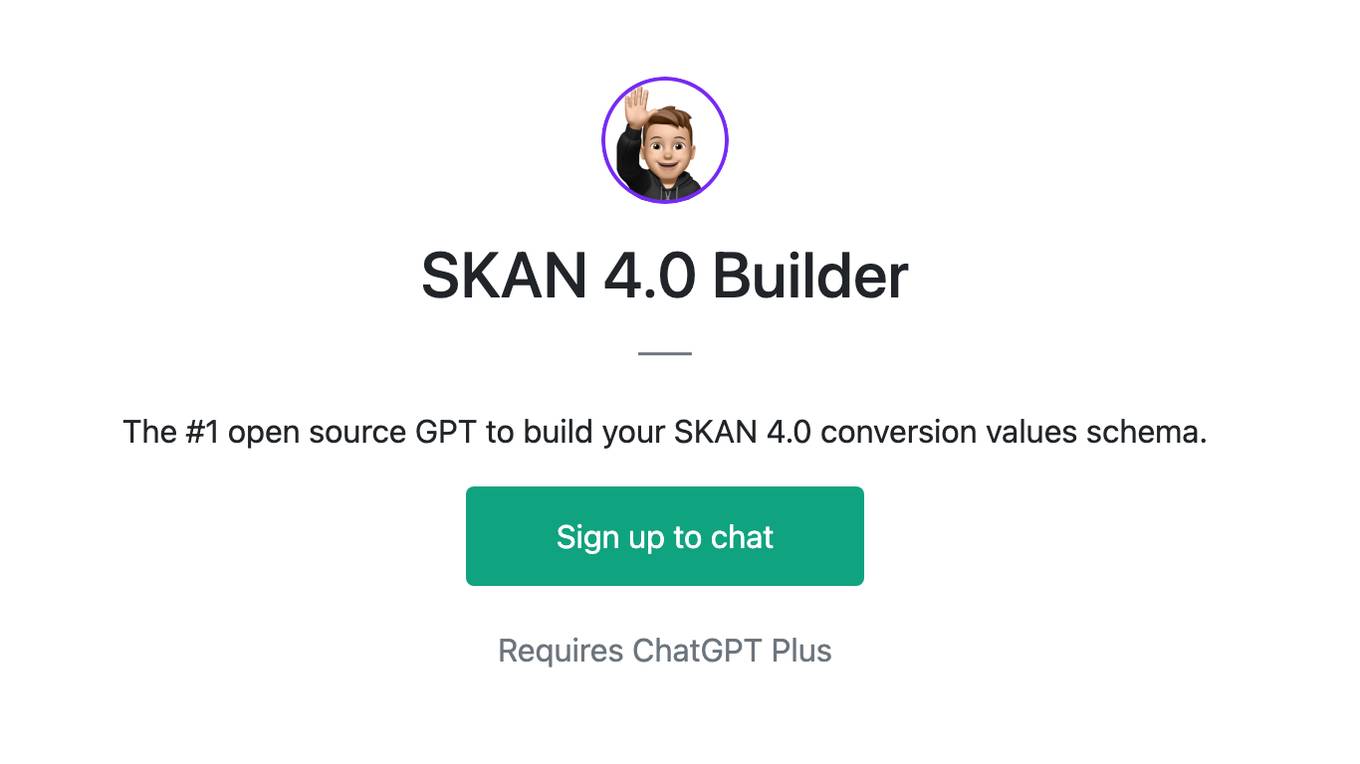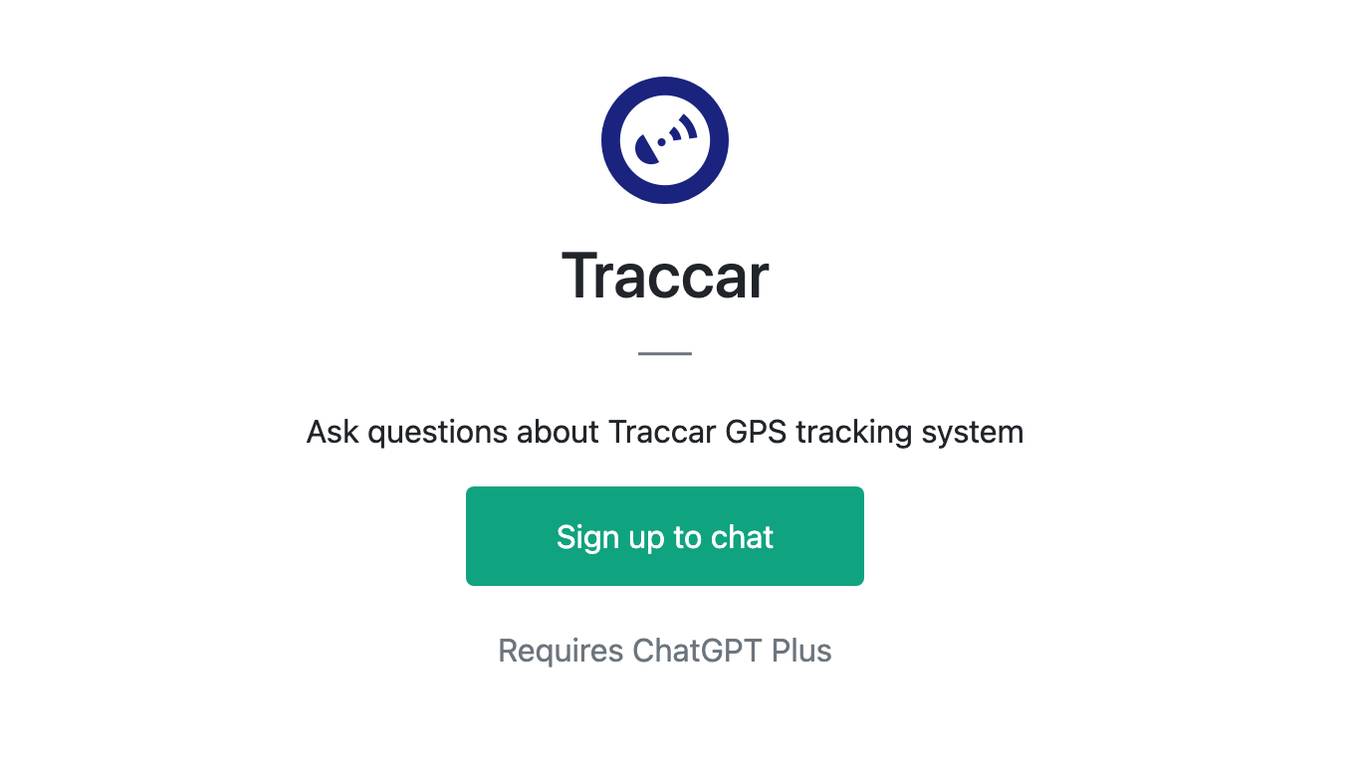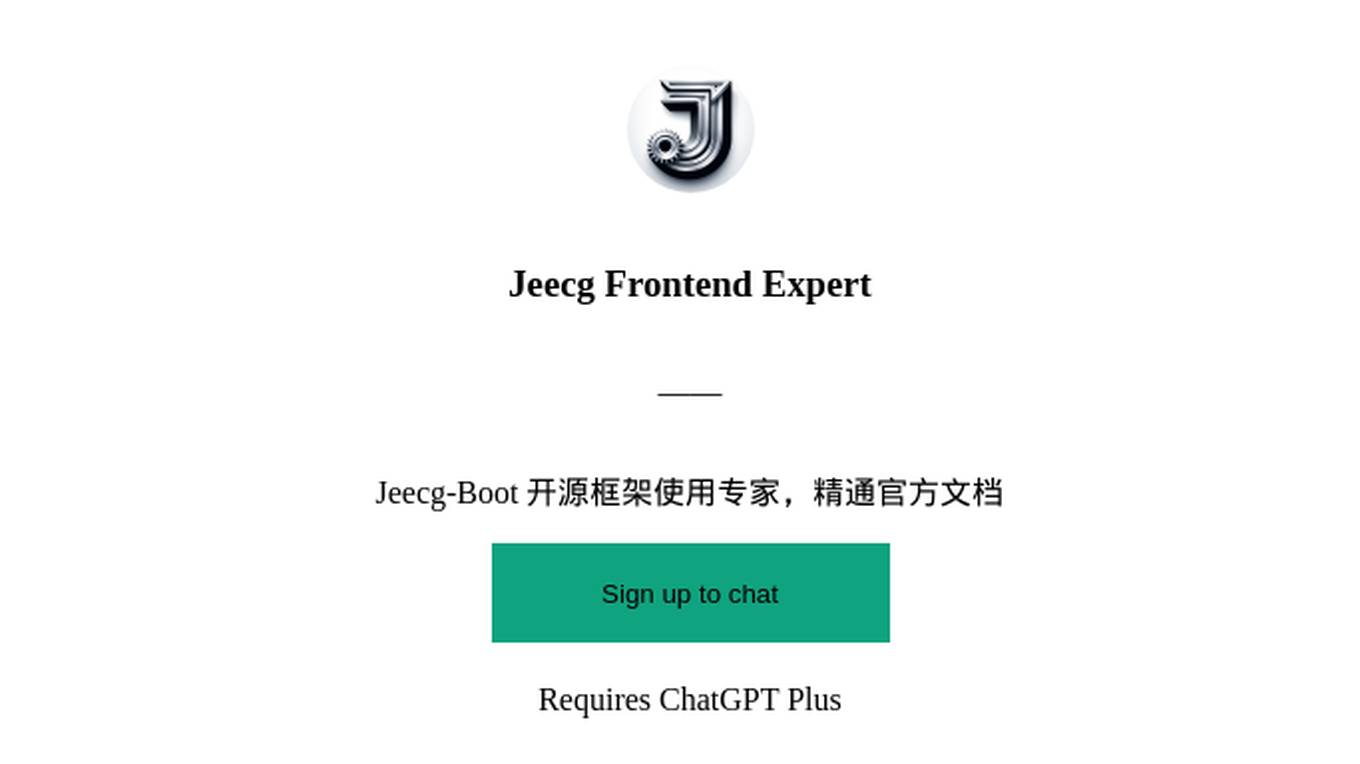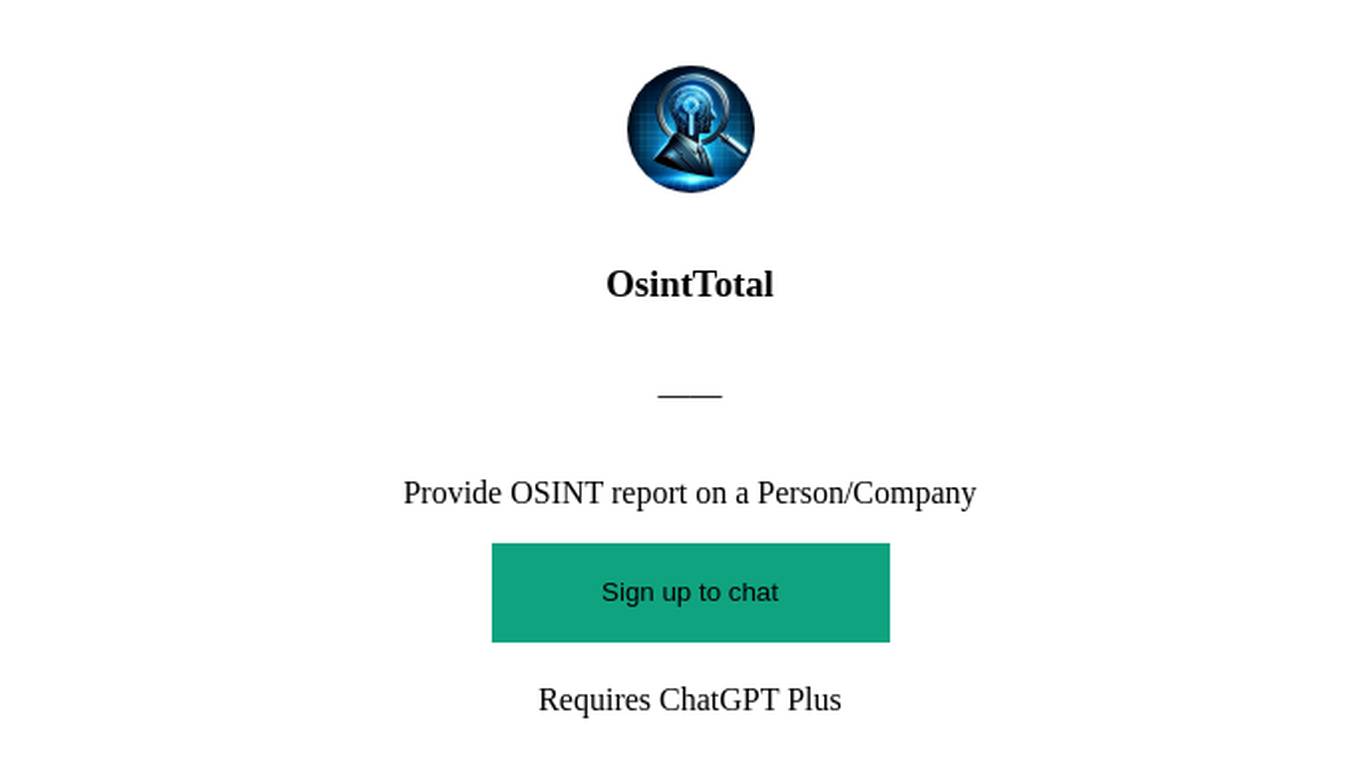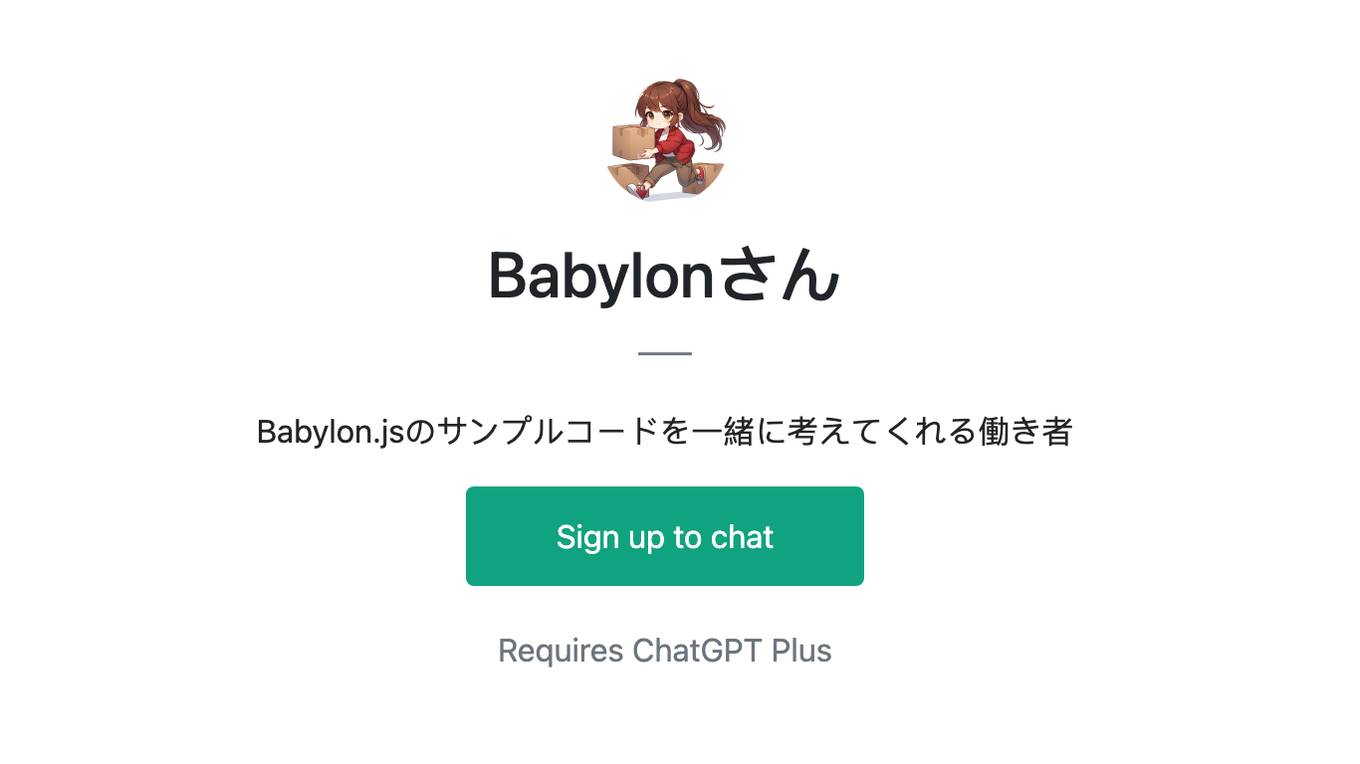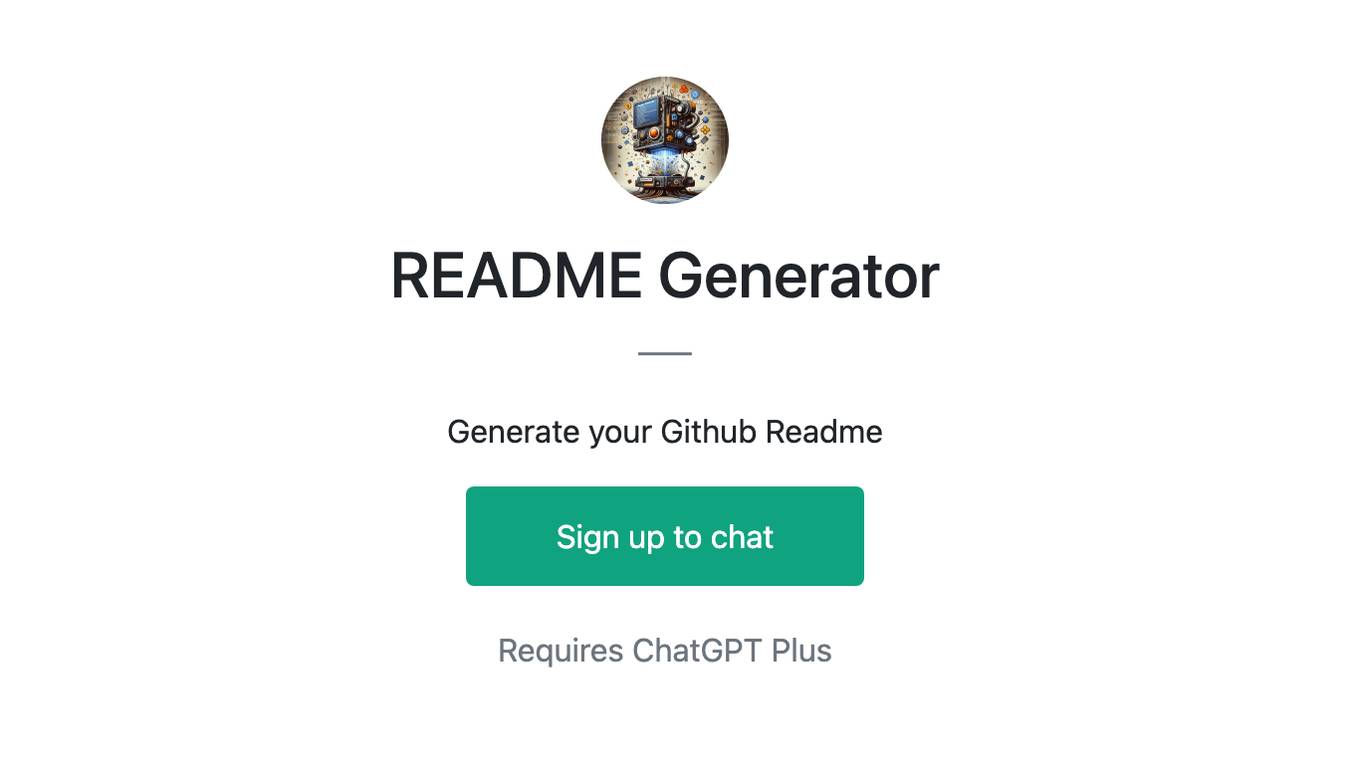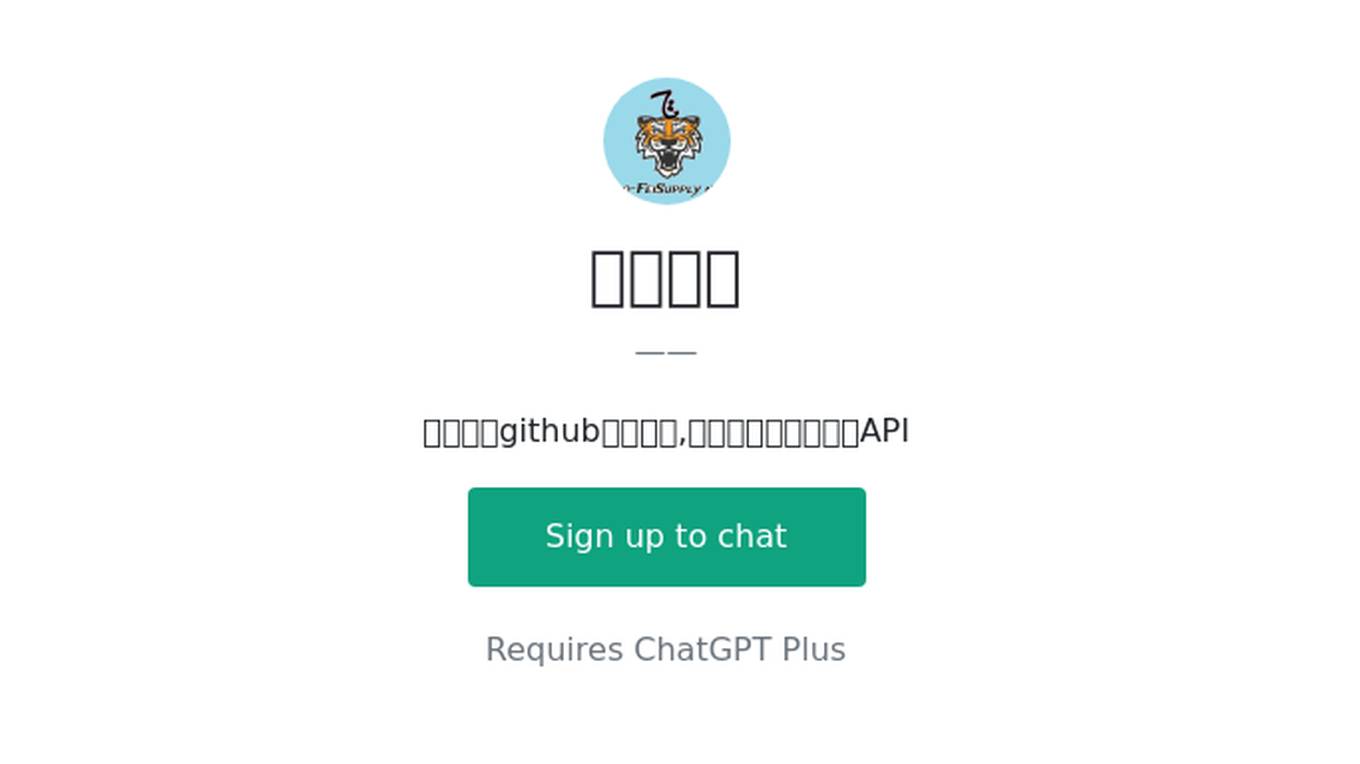Best AI tools for< Open-source Contributor >
Infographic
20 - AI tool Sites
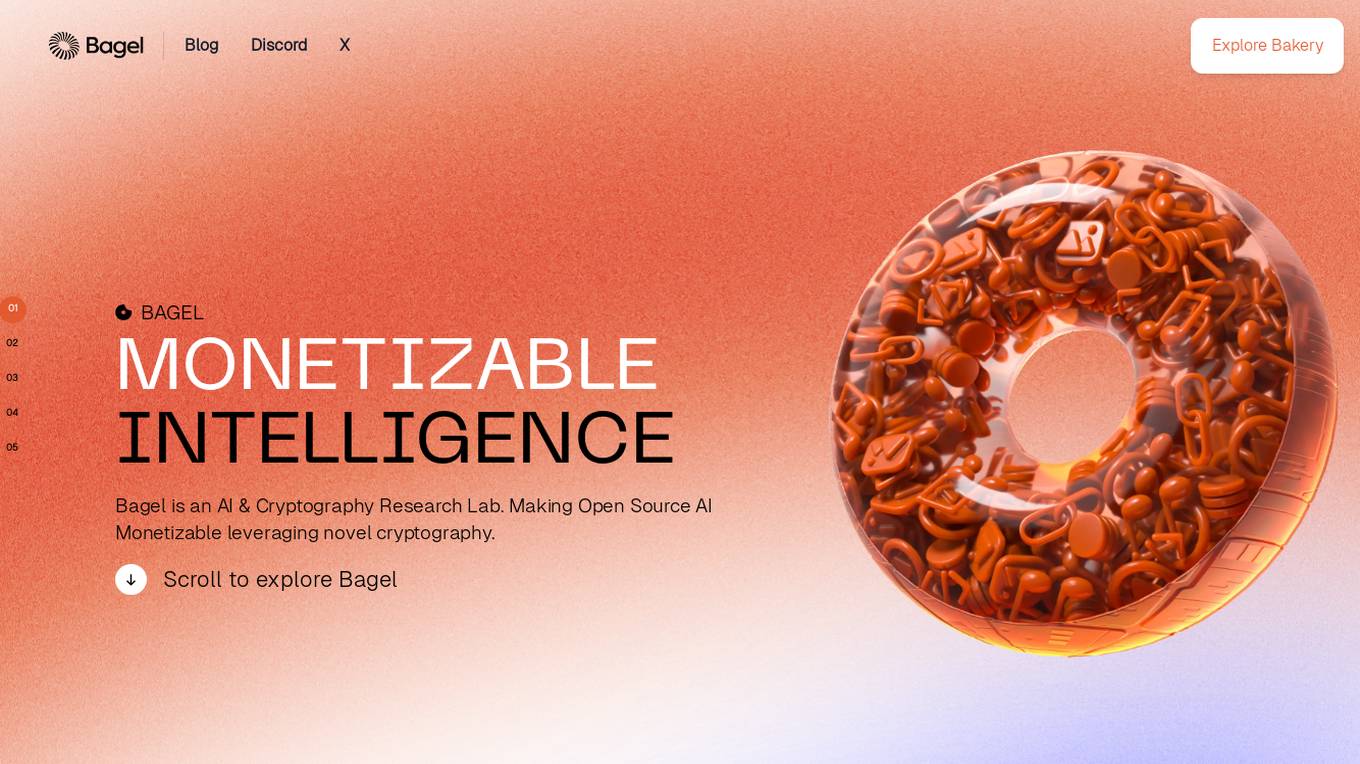
Bagel
Bagel is an AI & Cryptography Research Lab that focuses on making open source AI monetizable by leveraging novel cryptography techniques. Their innovative fine-tuning technology tracks the evolution of AI models, ensuring every contribution is rewarded. Bagel is built for autonomous AIs with large resource requirements and offers permissionless infrastructure for seamless information flow between machines and humans. The lab is dedicated to privacy-preserving machine learning through advanced cryptography schemes.
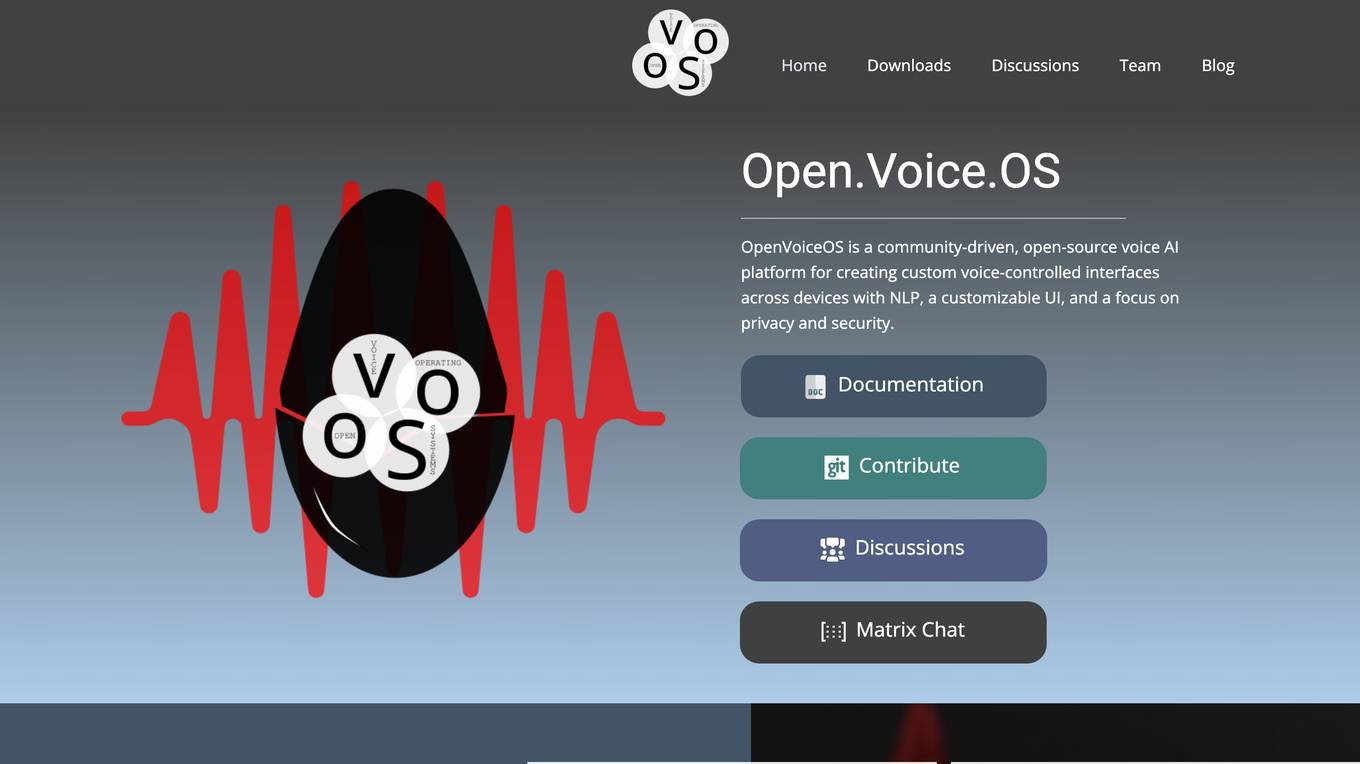
OpenVoiceOS
OpenVoiceOS is a community-driven, open-source voice AI platform for creating custom voice-controlled interfaces across devices with NLP, a customizable UI, and a focus on privacy and security. OpenVoiceOS is designed to provide users with a seamless and intuitive voice interface for controlling their smart home devices, playing music, setting reminders, and much more. OpenVoiceOS is open to all developers and contributors wanting to support a specific device or a platform. OpenVoiceOS is the platform to throw your ideas at if you have an experimental feature you want users to experience before landing them into any of the Linux-based open-source voice assistant projects upstream.
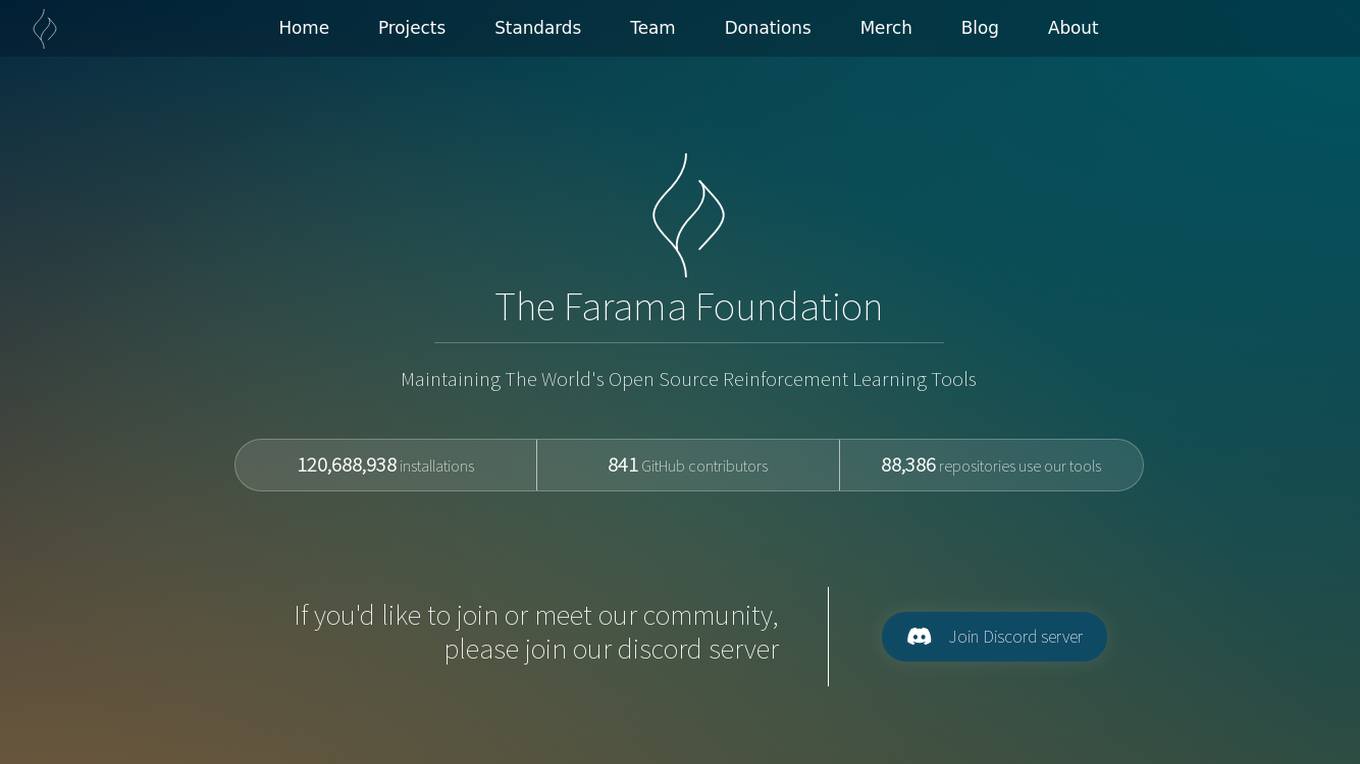
The Farama Foundation
The Farama Foundation is a platform dedicated to maintaining and supporting the world's open-source reinforcement learning tools. With a large community of contributors and a vast number of installations, the foundation plays a crucial role in advancing the field of AI. They offer a range of tools and resources for developers and researchers interested in reinforcement learning.

Comfy Org
Comfy Org is an open-source AI tooling platform dedicated to advancing and democratizing AI technology. The platform offers tools like node manager, node registry, CLI, automated testing, and public documentation to support the ComfyUI ecosystem. Comfy Org aims to make state-of-the-art AI models accessible to a wider audience by fostering an open-source and community-driven approach. The team behind Comfy Org consists of individuals passionate about developing and maintaining various components of the platform, ensuring a reliable and secure environment for users to explore and contribute to AI tooling.
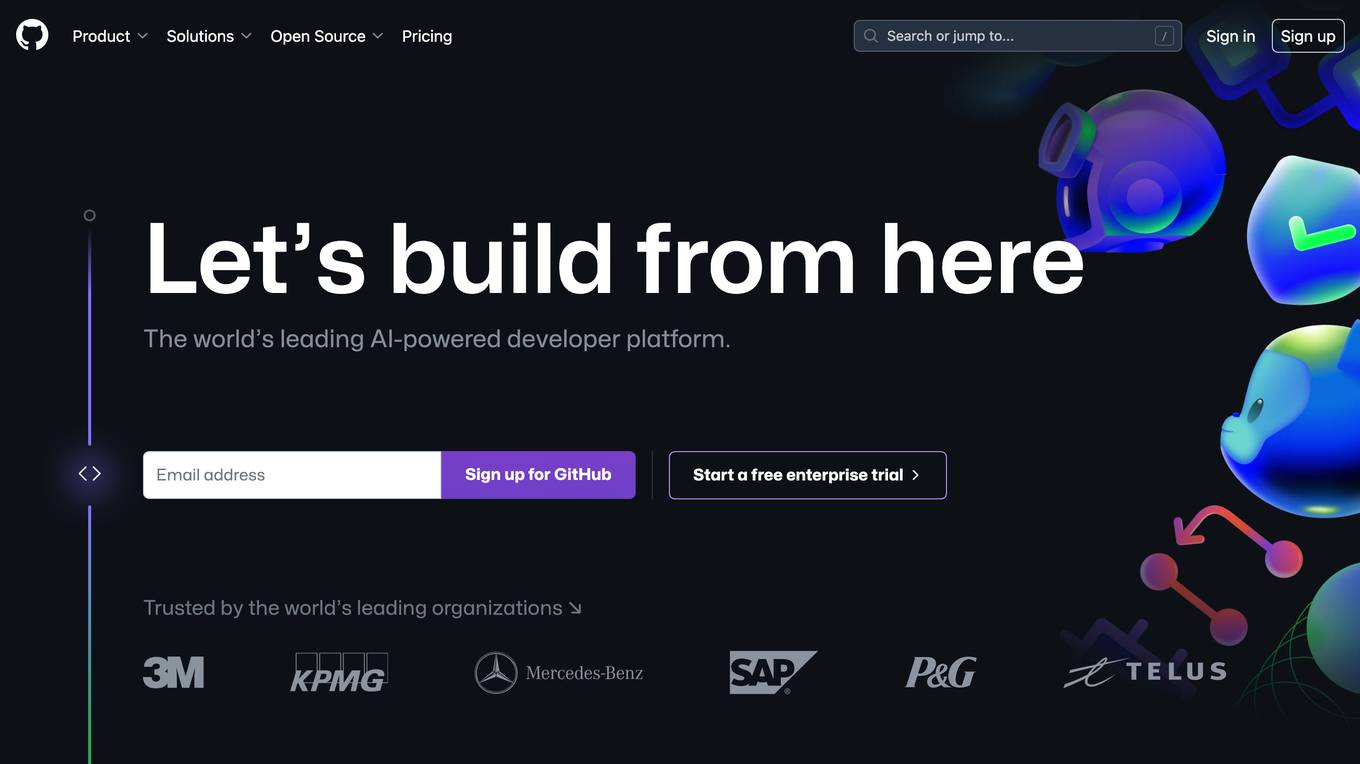
GitHub
GitHub is a collaborative platform that allows users to build and ship software efficiently. GitHub Copilot, an AI-powered tool, helps developers write better code by providing coding assistance, automating workflows, and enhancing security. The platform offers features such as instant dev environments, code review, code search, and collaboration tools. GitHub is widely used by enterprises, small and medium teams, startups, and nonprofits across various industries. It aims to simplify the development process, increase productivity, and improve the overall developer experience.
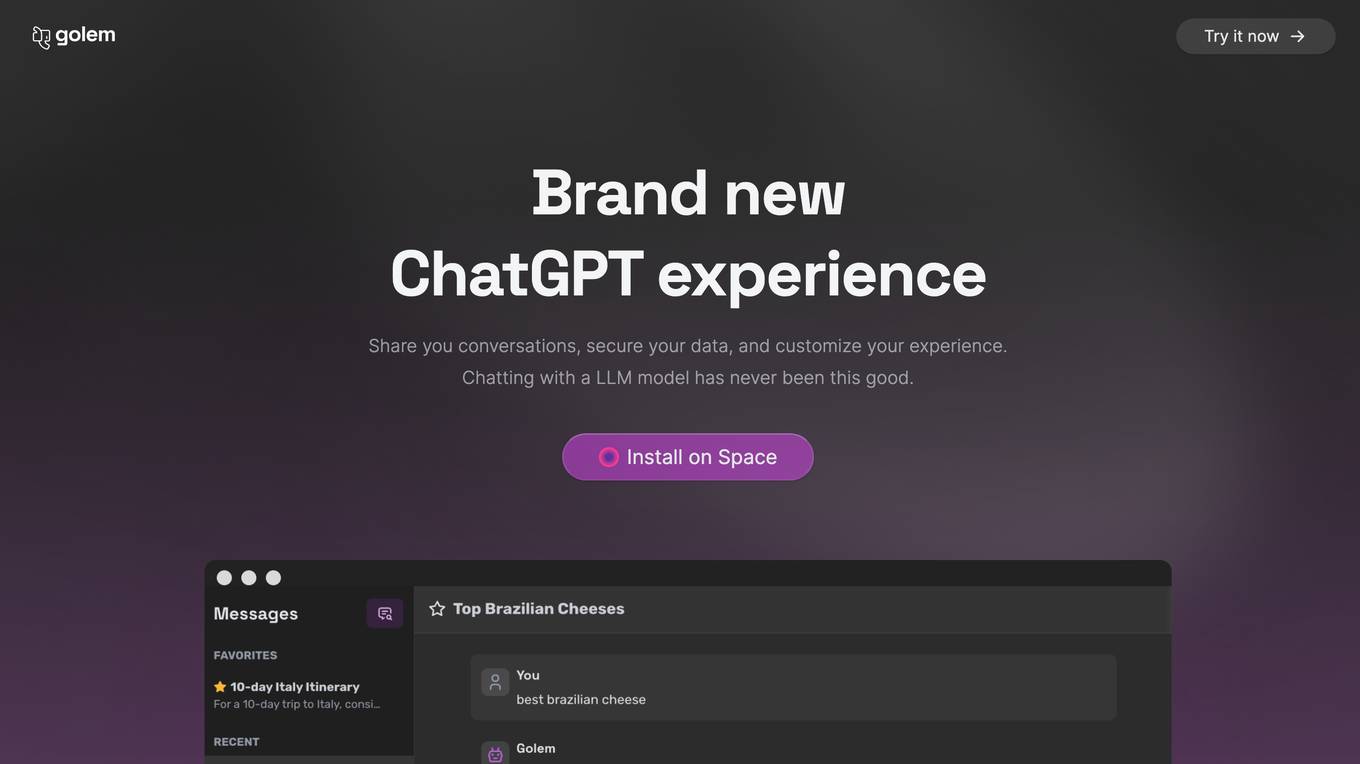
Golem
Golem is an AI chat application that provides a new ChatGPT experience. It offers a beautiful and user-friendly design, ensuring delightful interactions. Users can chat with a Large Language Model (LLM) securely, with data stored locally or on their personal cloud. Golem is open-source, allowing contributions and use as a reference for Nuxt 3 projects.

Replicate
Replicate is an AI tool that allows users to run and fine-tune models, deploy custom models at scale, and generate various types of content such as images, videos, music, and text with just one line of code. It provides access to a wide range of high-quality models contributed by the community, enabling users to explore, fine-tune, and deploy AI models efficiently. Replicate aims to make AI accessible and practical for real-world applications beyond academic research and demos.
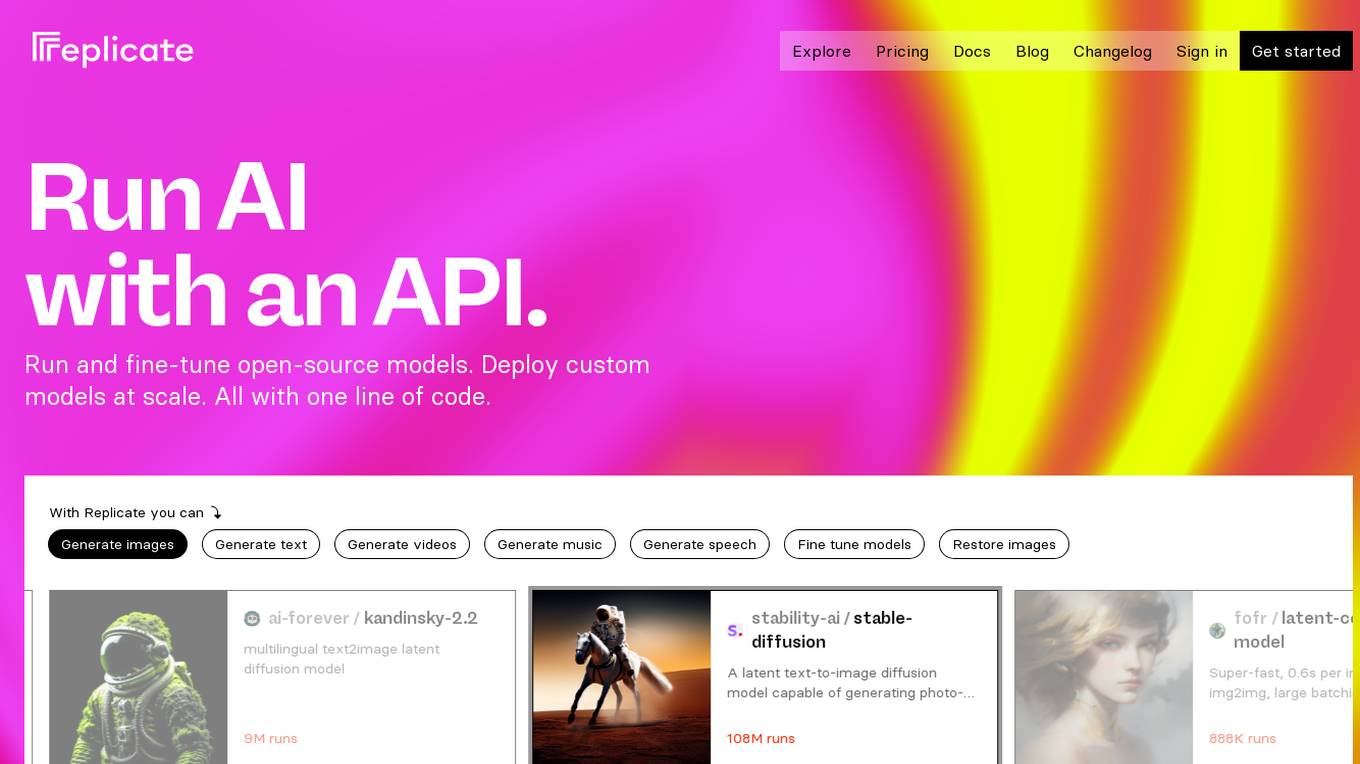
Replicate
Replicate is an AI tool that allows users to run and fine-tune open-source models, deploy custom models at scale, and generate images, text, videos, music, and speech with just one line of code. It provides a platform for the community to contribute and explore thousands of production-ready AI models, enabling users to push the boundaries of AI beyond academic papers and demos. With features like fine-tuning models, deploying custom models, and scaling on Replicate, users can easily create and deploy AI solutions for various tasks.
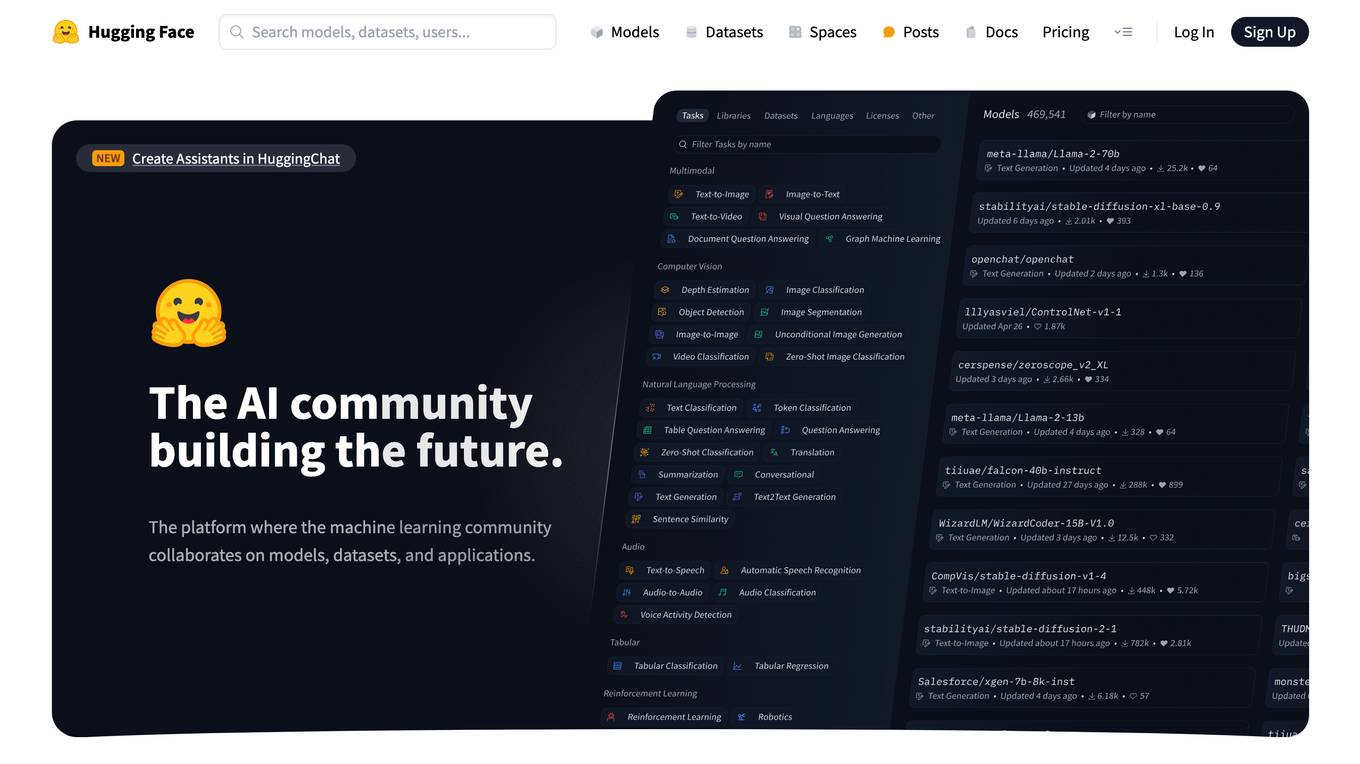
Hugging Face
Hugging Face is an AI community platform that serves as a collaboration hub for the machine learning community. It allows users to explore and contribute to models, datasets, and applications. The platform offers a wide range of features and tools to facilitate AI development and research.
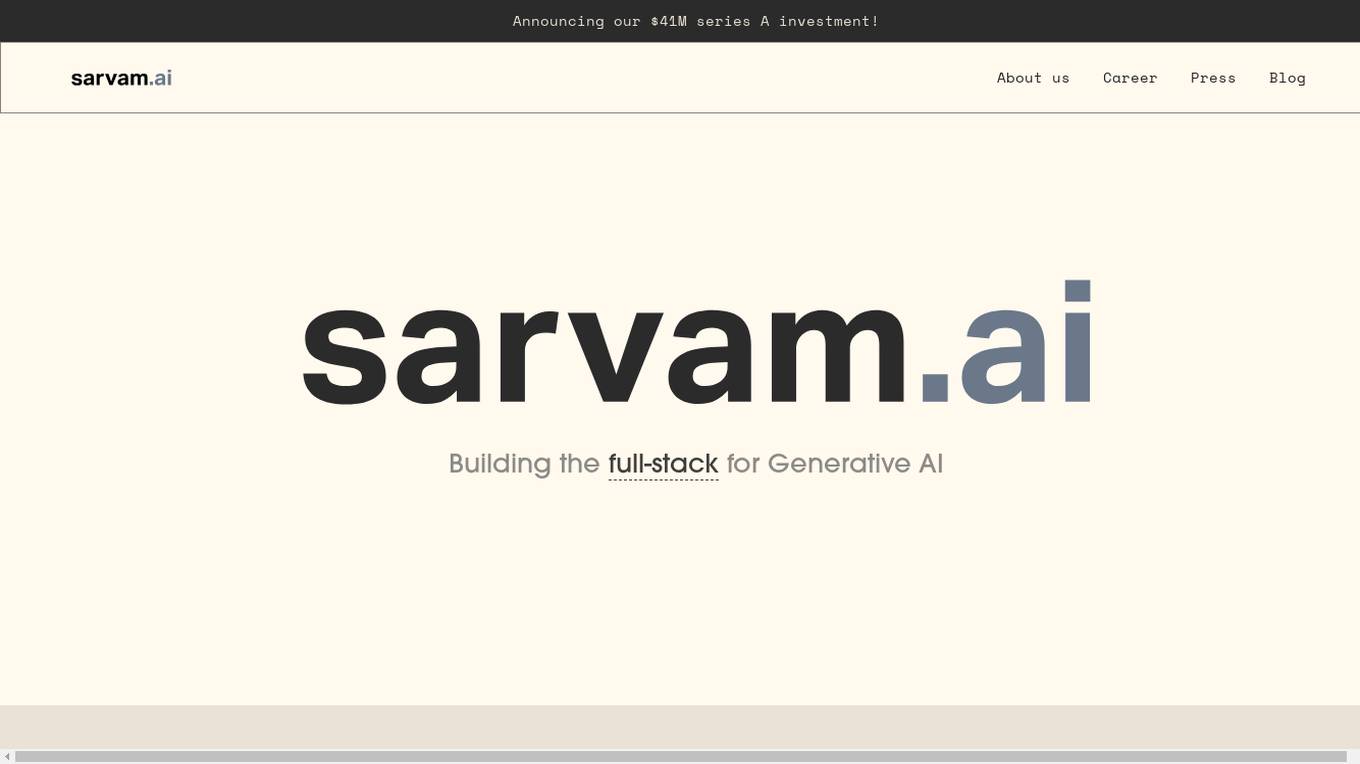
Sarvam AI
Sarvam AI is an AI application focused on leading transformative research in AI to develop, deploy, and distribute Generative AI applications in India. The platform aims to build efficient large language models for India's diverse linguistic culture and enable new GenAI applications through bespoke enterprise models. Sarvam AI is also developing an enterprise-grade platform for developing and evaluating GenAI apps, while contributing to open-source models and datasets to accelerate AI innovation.
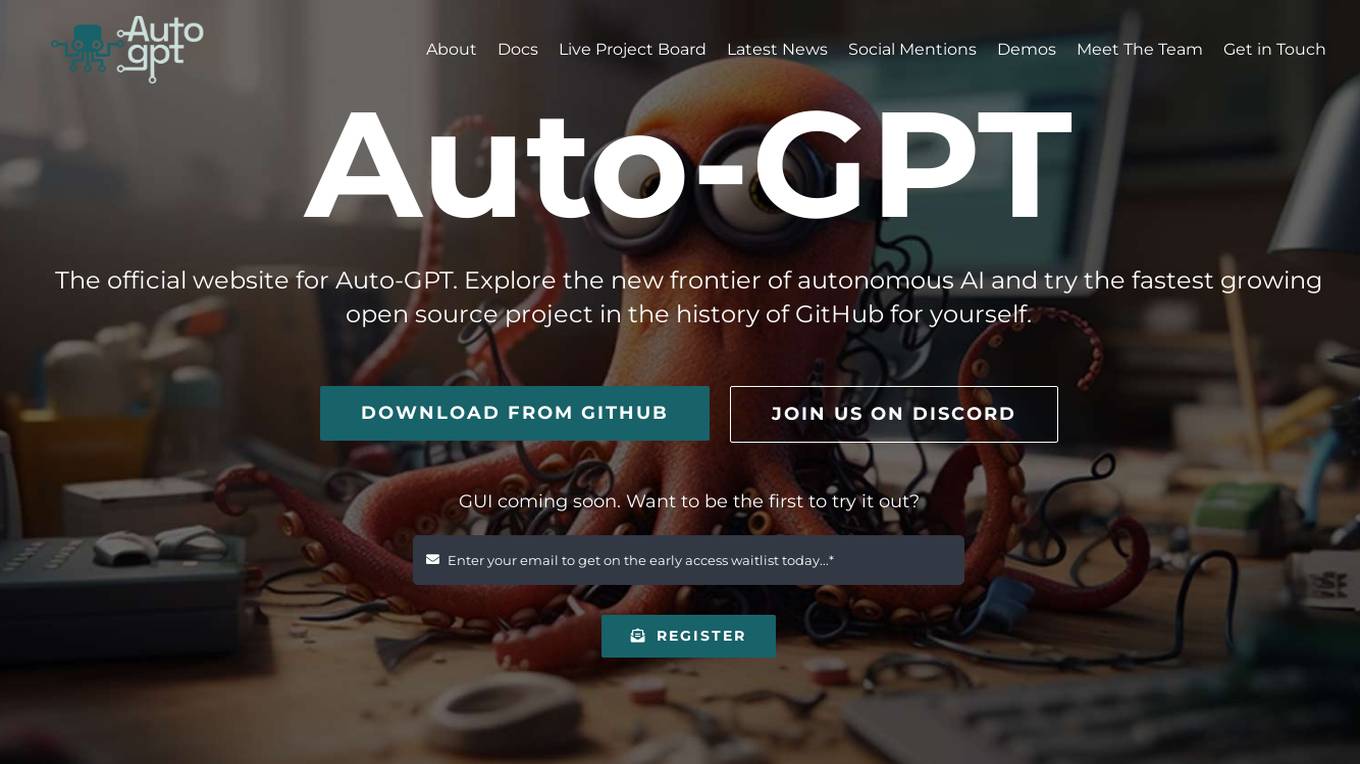
Auto-GPT
Auto-GPT is an autonomous AI assistant application that aims to revolutionize the way people interact with AI technology. It is a fast-growing open-source project on GitHub that leverages deep learning algorithms to generate human-like text based on input prompts. The application is designed to be versatile, capable of tasks such as content creation, customer service, and more. Auto-GPT is constantly evolving with rapid progress, thanks to the contributions of the open-source community.
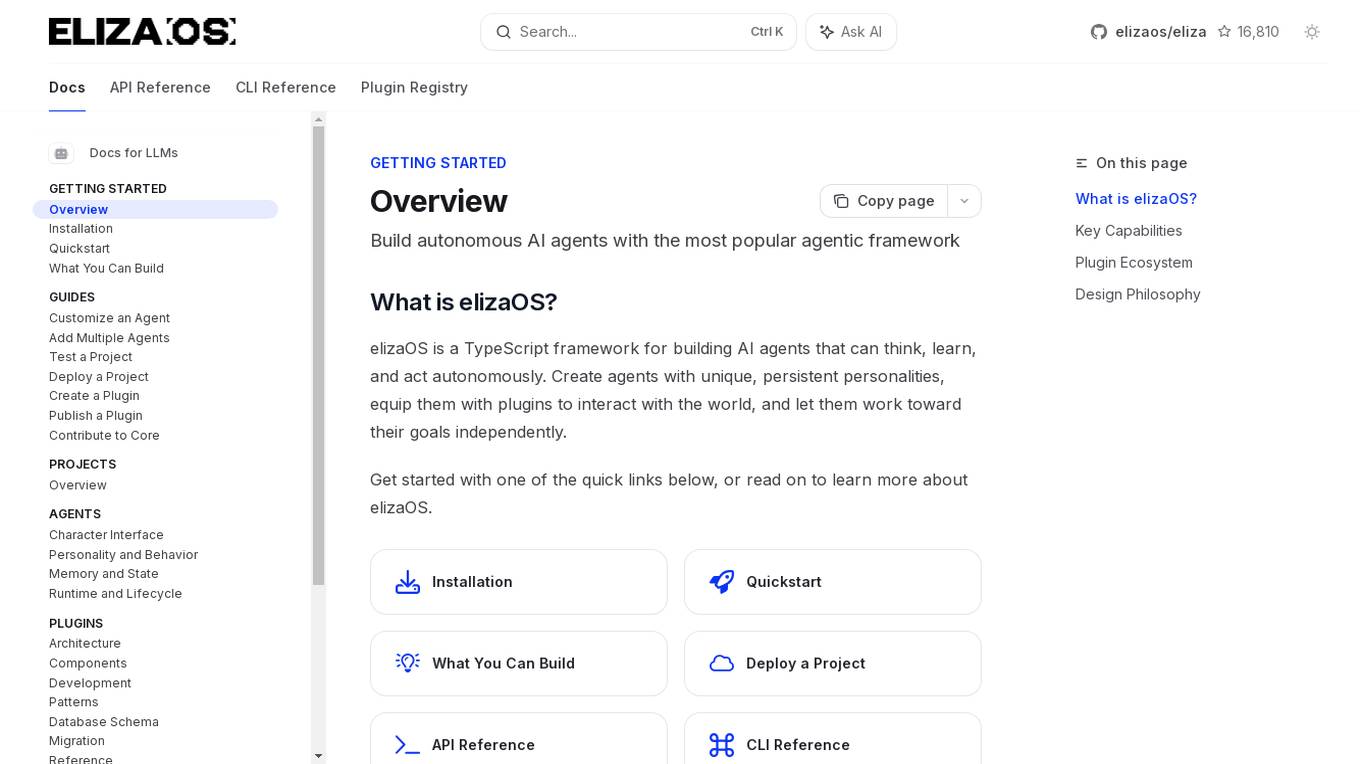
ElizaOS
ElizaOS is a TypeScript framework designed for building autonomous AI agents that can think, learn, and act independently. It offers a wide range of capabilities, including developing unique personalities, interacting with the real world through various plugins, executing complex action chains triggered by natural language, and remembering interactions with persistent memory. The framework comes with a rich plugin ecosystem, allowing users to mix and match capabilities without modifying core code. ElizaOS is ideal for builders who want to quickly ship projects, experiment freely, and contribute to the open-source community.
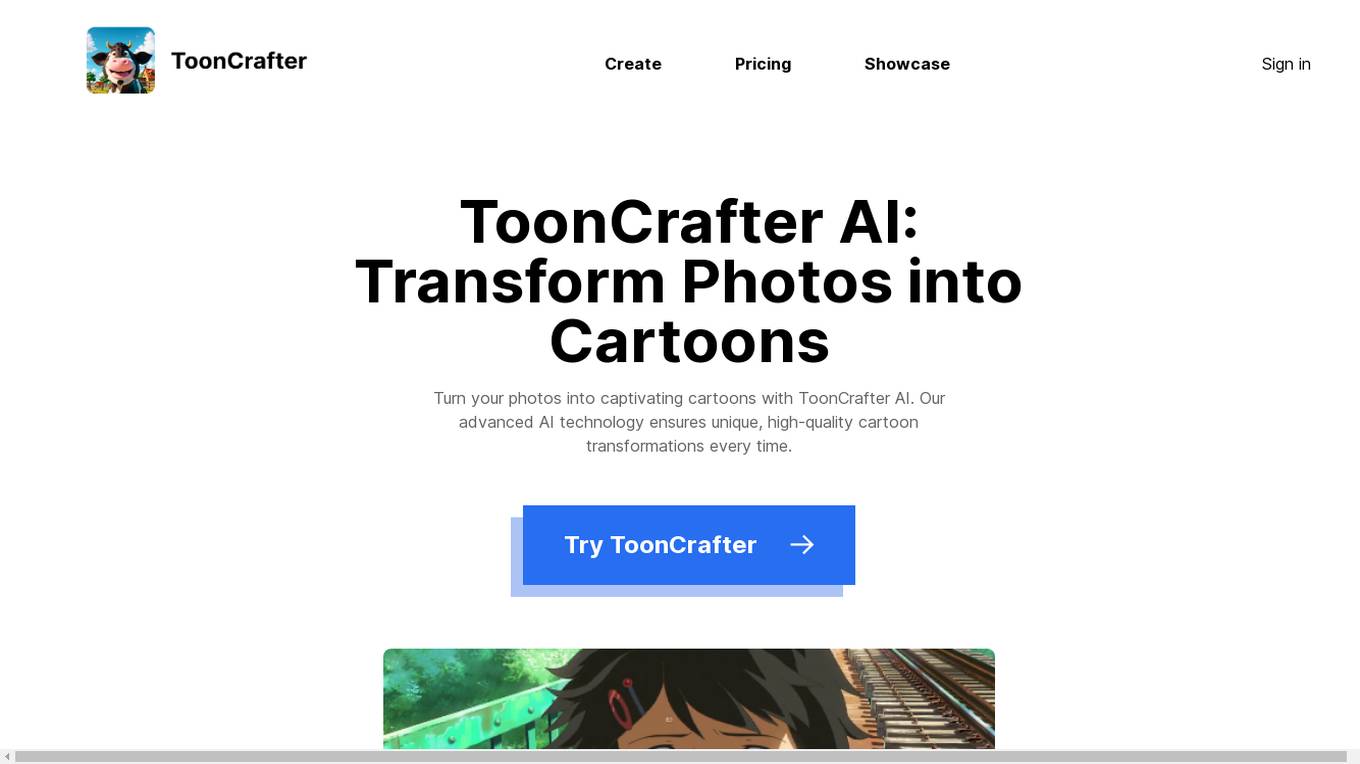
ToonCrafter AI
ToonCrafter AI is an innovative generative cartoon interpolation tool that transforms photos into captivating cartoons. It utilizes advanced AI technology to ensure unique, high-quality cartoon transformations. Users can create personalized cartoons by selecting key images, inputting descriptive prompts, and watching their creations come to life. ToonCrafter AI offers a wide range of applications for creative projects, such as sketch interpolation, sketch colorization, and sparse sketch-guided generation. The tool is open-source and licensed under the Apache-2.0 license, allowing for broad access and contribution to the project.
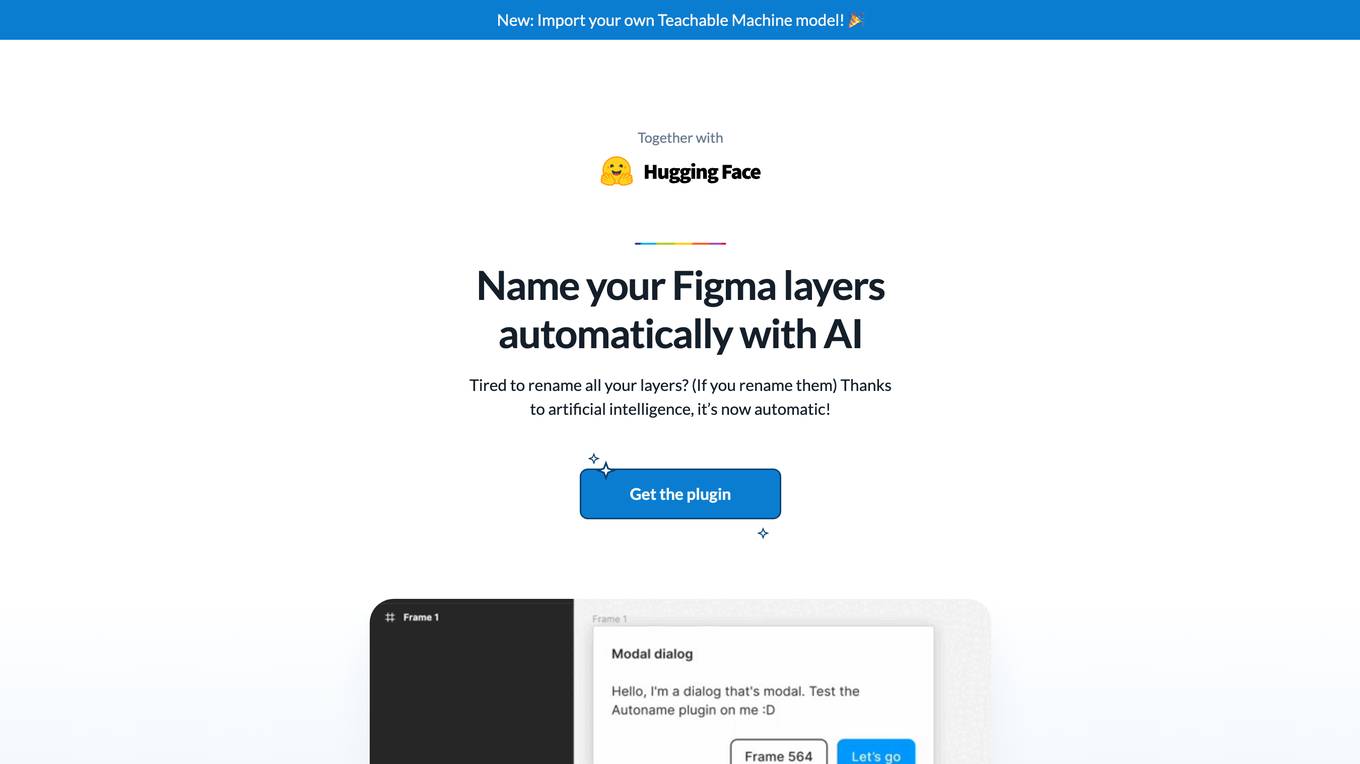
Figma Autoname
Figma Autoname is an AI-powered plugin designed to simplify the process of renaming layers in Figma designs. By leveraging artificial intelligence, the plugin automates the task of renaming layers, saving designers valuable time and effort. With features like blazing fast renaming, smart detection of components names, and community-driven development, Figma Autoname offers a seamless experience for designers looking to enhance their workflow. The plugin is free to use and open-source, allowing users to contribute to its development. Figma Autoname has garnered praise from the design community for its efficiency and user-friendly interface.
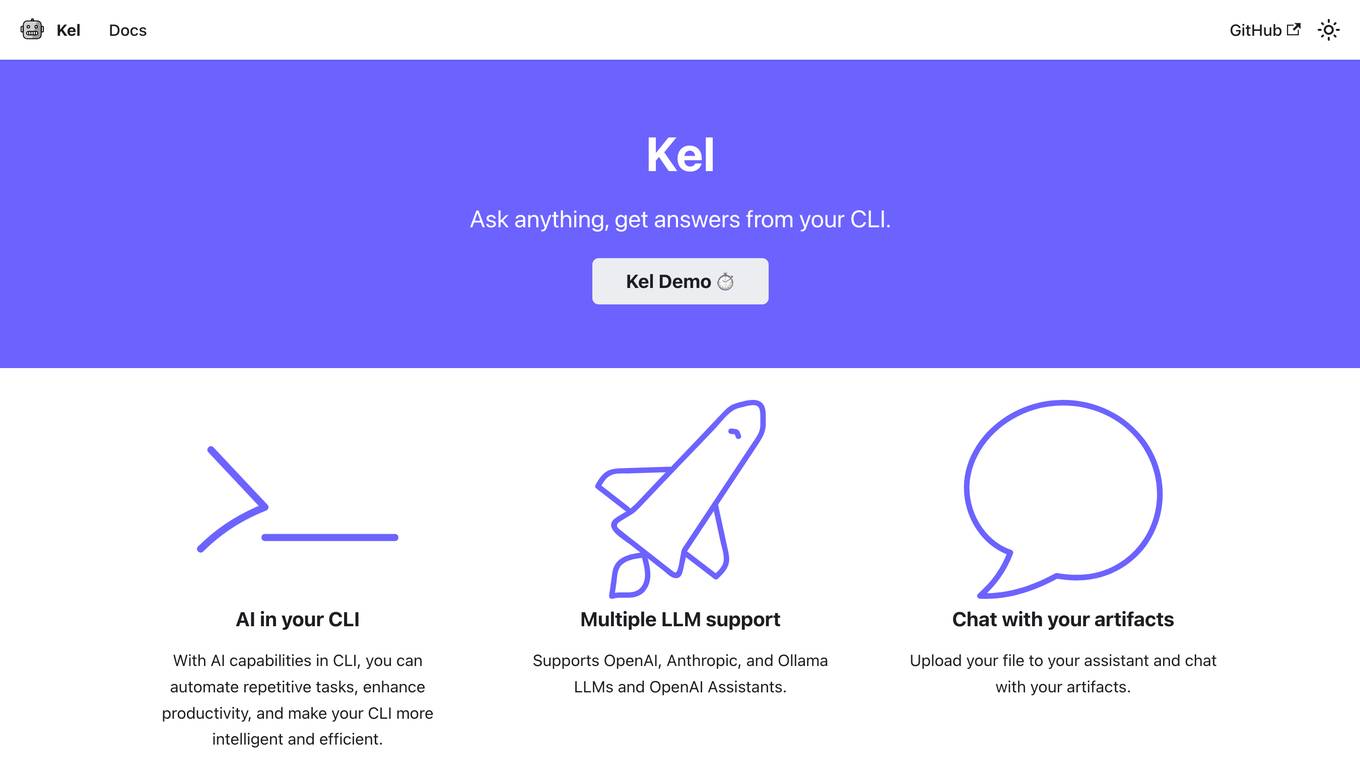
Kel
Kel is an AI Assistant designed to operate within the Command Line Interface (CLI). It offers users the ability to automate repetitive tasks, boost productivity, and enhance the intelligence and efficiency of their CLI experience. Kel supports multiple Language Model Models (LLMs) including OpenAI, Anthropic, and Ollama. Users can upload files to interact with their artifacts and bring their own API key for integration. The tool is free and open source, allowing for community contributions on GitHub. For support, users can reach out to the Kel team.
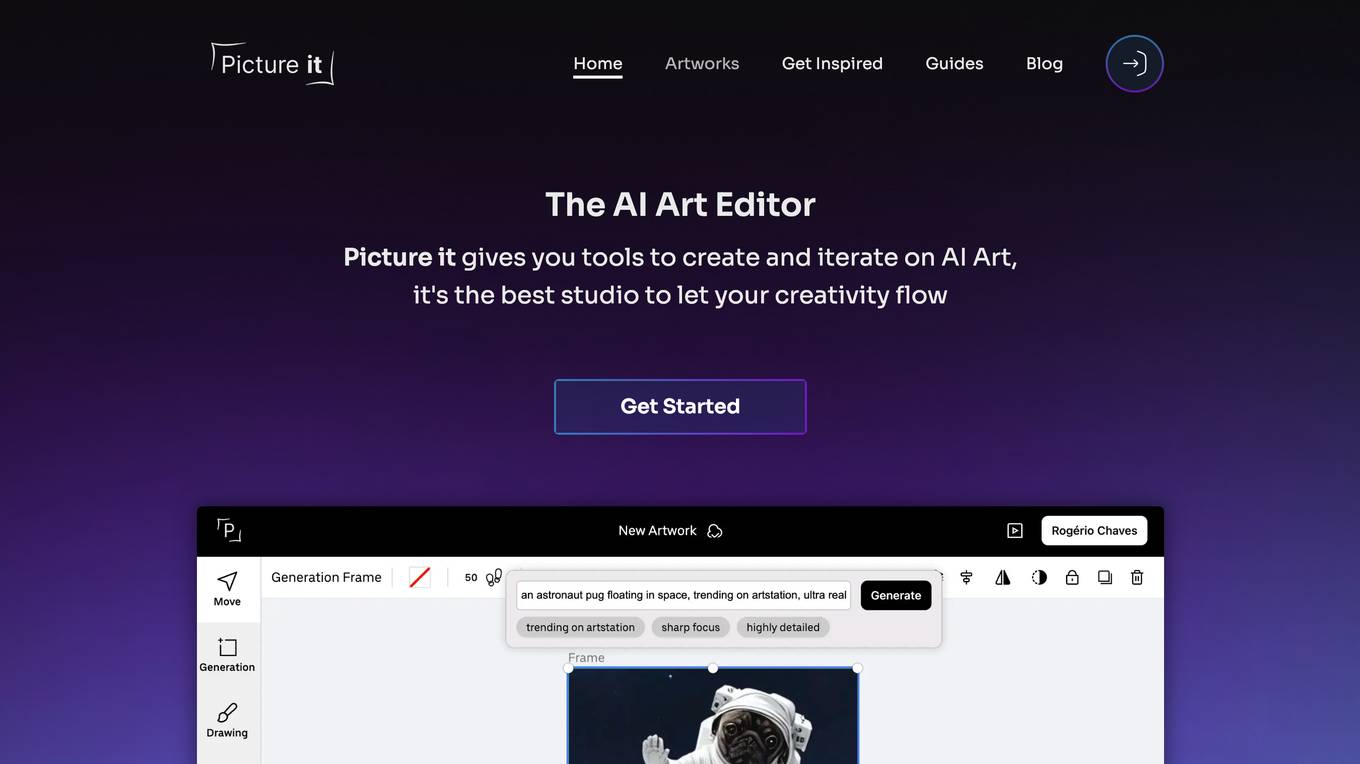
Picture it
Picture it is an AI art editor that gives you tools to create and iterate on AI Art. It's the best studio to let your creativity flow. With Picture it, you can choose from many Stable Diffusion flavors to generate images, inpaint missing or damaged areas of an image, outpaint to extend the boundaries of an image, and more. Picture it is also open-source, so anyone can contribute to make the editor more powerful and accessible to everyone over time.
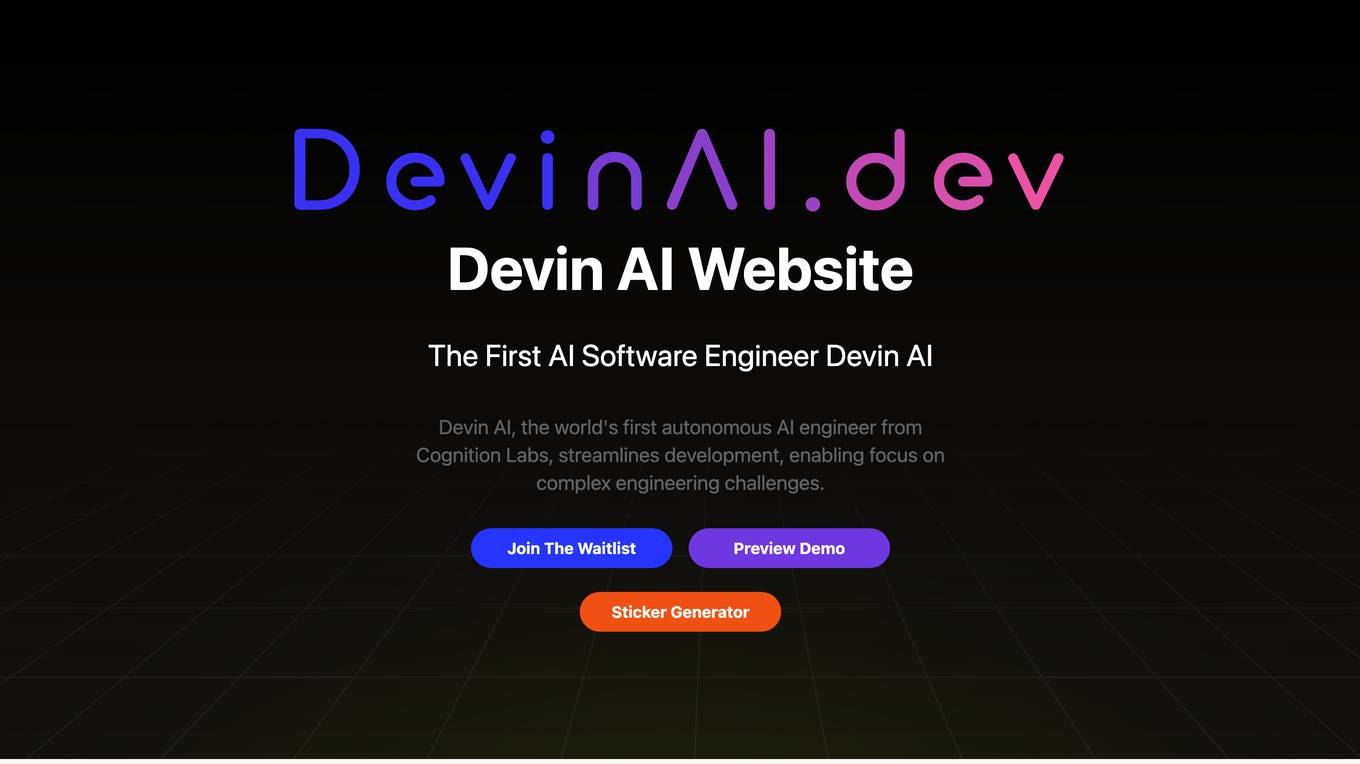
Devin AI
Devin AI, developed by Cognition Labs, is the world's first fully autonomous AI software engineer. It streamlines software development by handling complex tasks, allowing engineers to focus on more challenging aspects. Devin AI possesses advanced programming skills, can manage complex tasks, understands and learns contextually, integrates with developer tools, and offers collaborative features. It can build and deploy applications, detect and fix bugs, contribute to open-source projects, train AI models, and handle GitHub repositories. Devin AI has demonstrated strong performance in issue resolution, surpassing previous AI models. It is currently in early access, with plans for future enhancements and integration with various development tools and platforms.
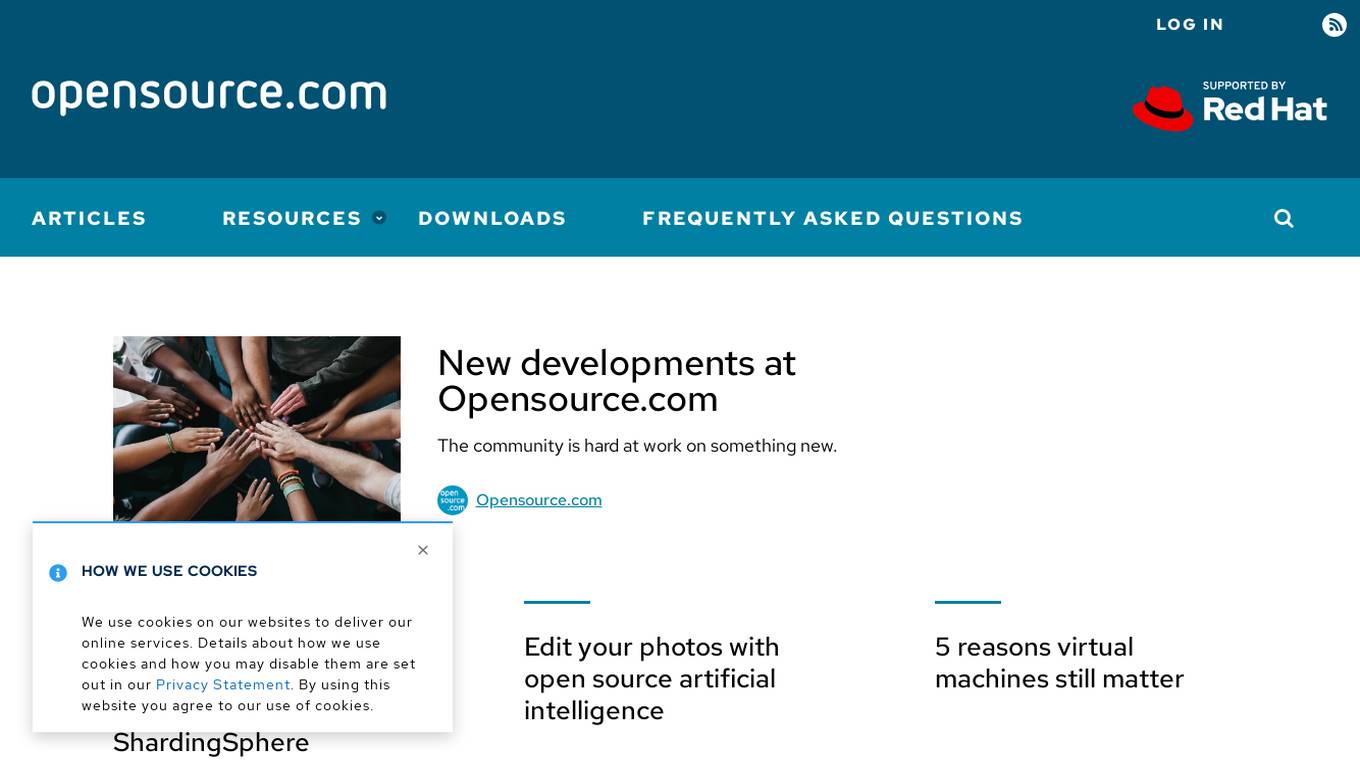
Opensource.com
Opensource.com is a platform that provides a wealth of information and resources related to open source technologies, projects, and applications. It covers a wide range of topics such as open source alternatives, Linux downloads, community developments, and tips for running virtual events. The website also features articles on various open source tools, technologies, and best practices, making it a valuable resource for developers, tech enthusiasts, and open source advocates.
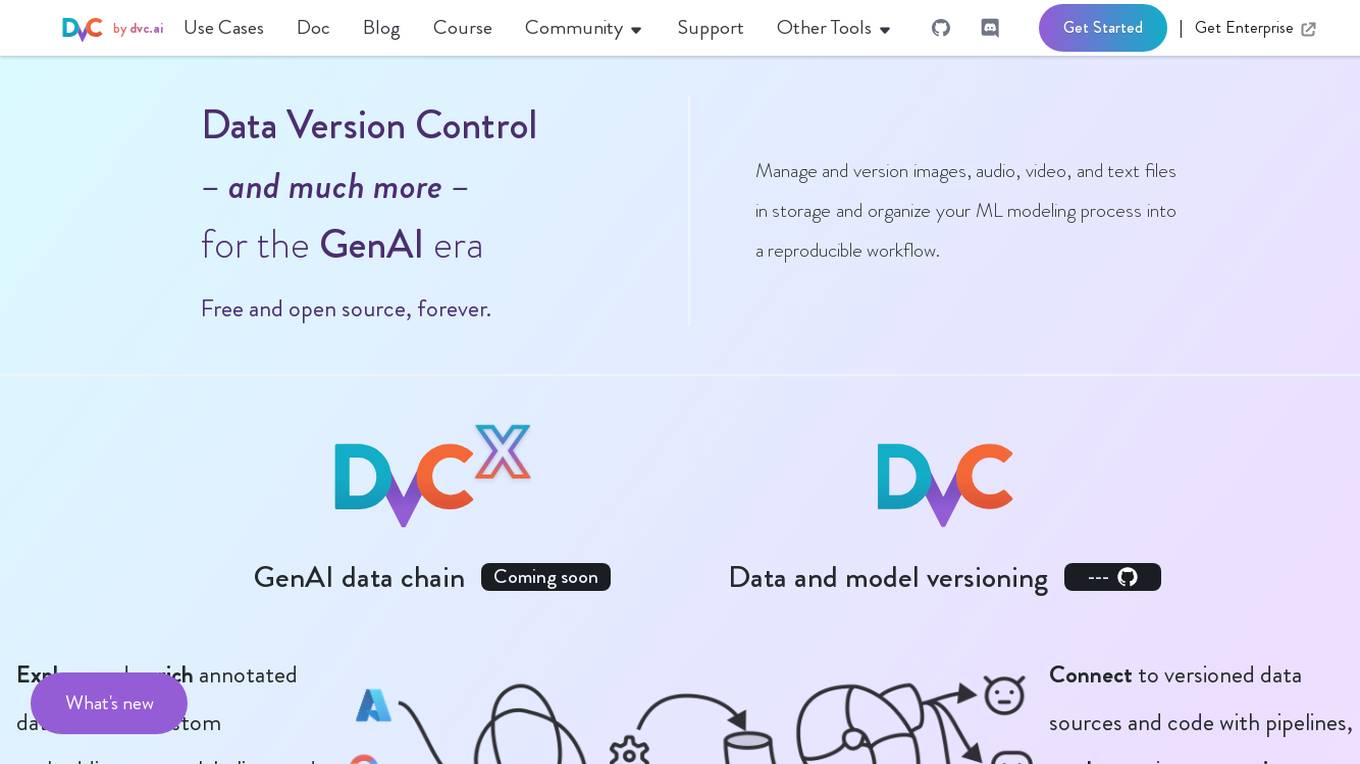
DVC
DVC is an open-source version control system for machine learning projects. It allows users to track and manage their data, models, and code in a single place. DVC also provides a number of features that make it easy to collaborate on machine learning projects, such as experiment tracking, model registration, and pipeline management.
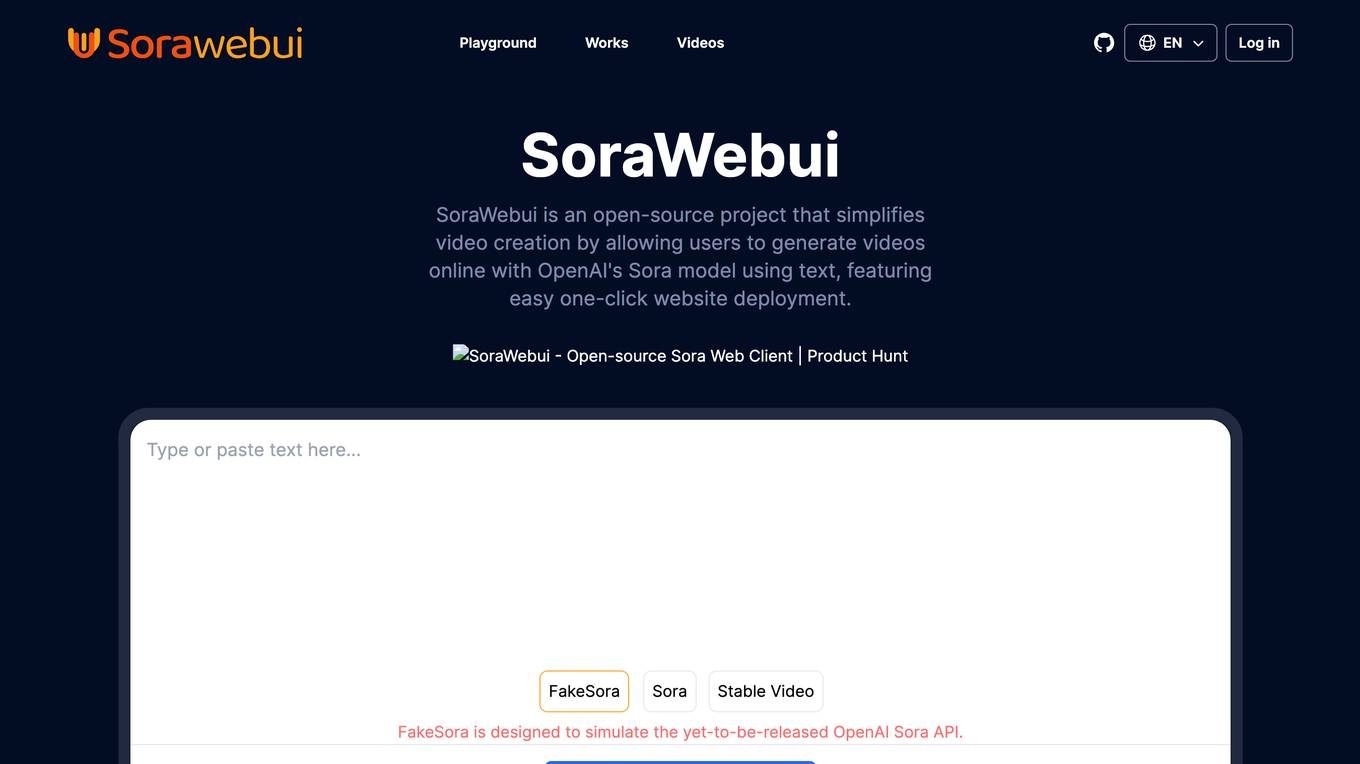
SoraWebui
SoraWebui is an open-source web platform that simplifies video creation by allowing users to generate videos from text using OpenAI's Sora model. It provides an easy-to-use interface and one-click website deployment, making it accessible to both professionals and enthusiasts in video production and AI technology. SoraWebui also includes a simulated version of the Sora API called FakeSoraAPI, which allows developers to start developing and testing their projects in a mock environment.
4 - Open Source Tools
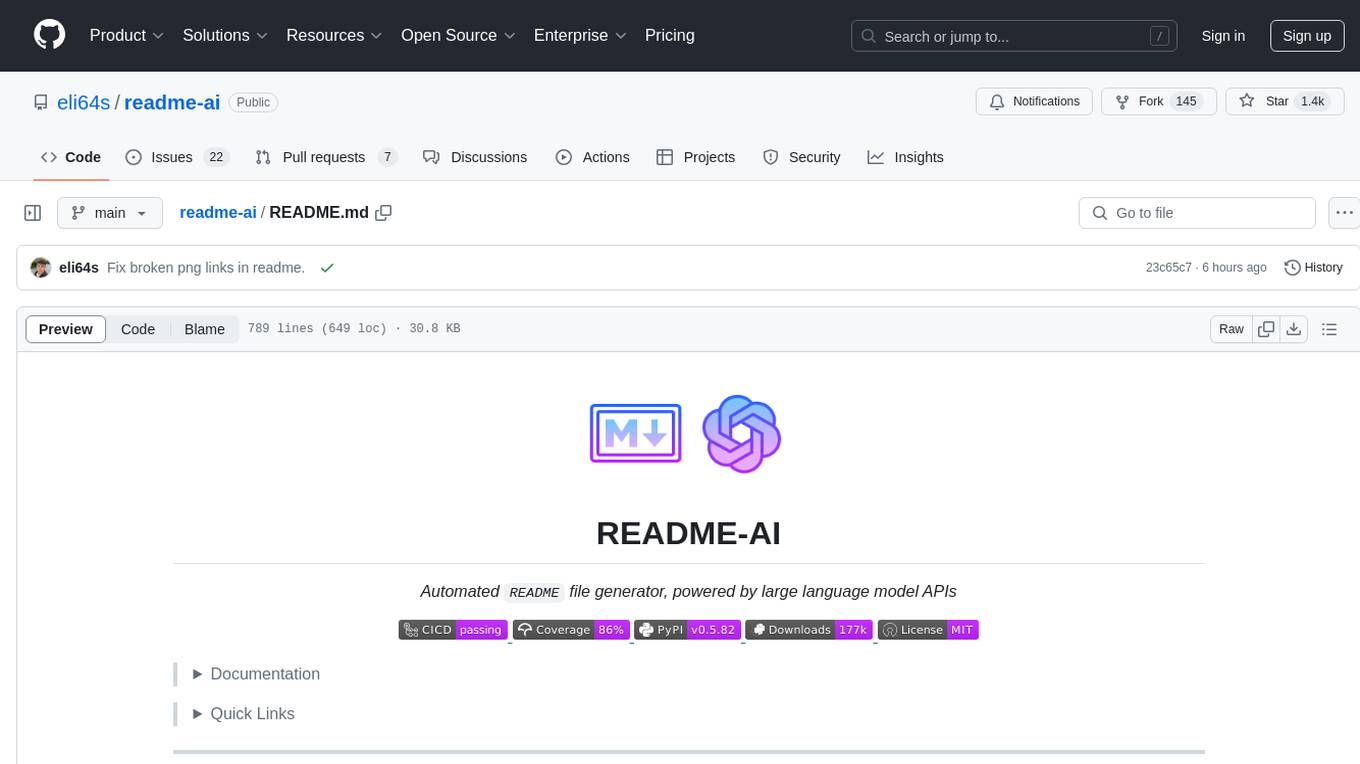
readme-ai
README-AI is a developer tool that auto-generates README.md files using a combination of data extraction and generative AI. It streamlines documentation creation and maintenance, enhancing developer productivity. This project aims to enable all skill levels, across all domains, to better understand, use, and contribute to open-source software. It offers flexible README generation, supports multiple large language models (LLMs), provides customizable output options, works with various programming languages and project types, and includes an offline mode for generating boilerplate README files without external API calls.
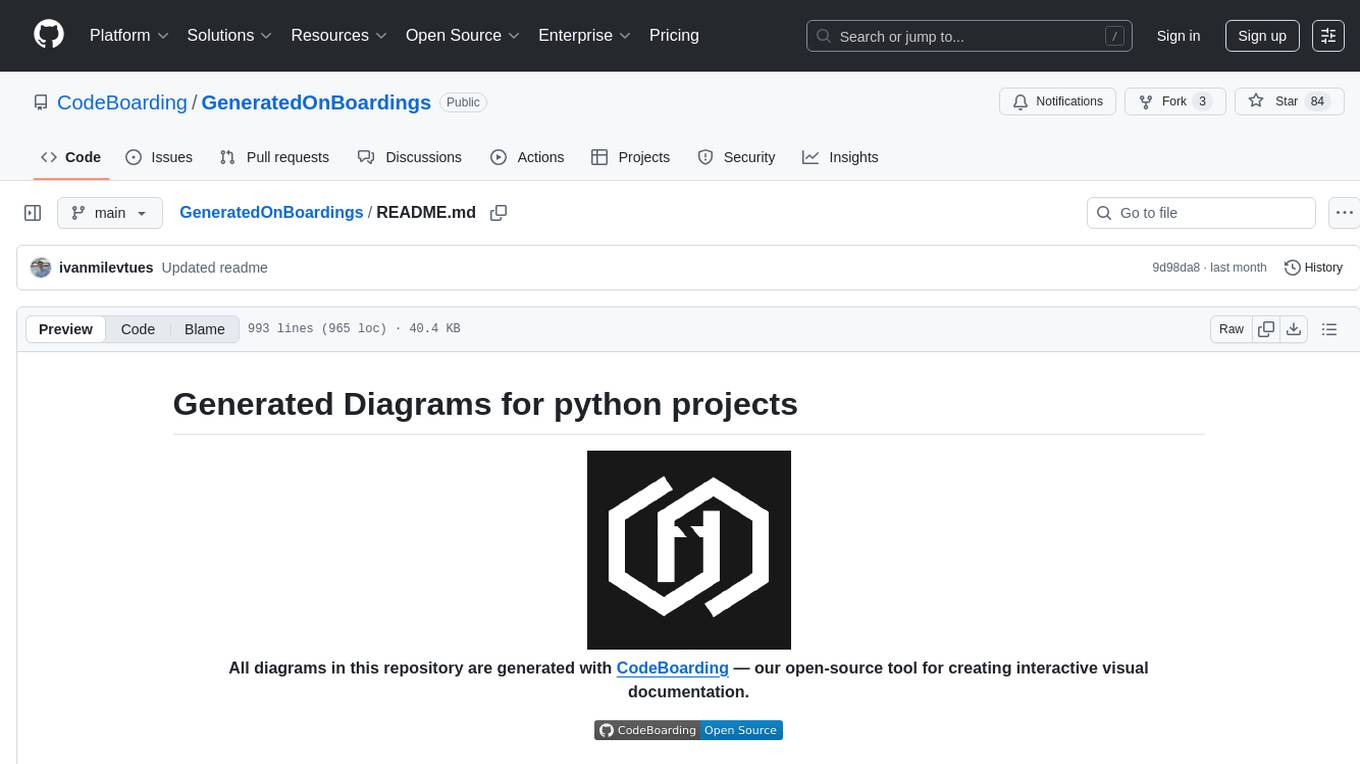
GeneratedOnBoardings
GeneratedOnBoardings is a repository containing automatically generated onboarding diagrams for over 800+ Python projects using CodeBoarding, an open-source tool for creating interactive visual documentation. The tool helps developers explore unfamiliar codebases through visual documentation, making it easier to understand and contribute to open-source projects. Users can provide feedback to improve the tool, and can also generate onboarding diagrams for their own projects by running CodeBoarding locally or trying the online demo at CodeBoarding.org/demo.
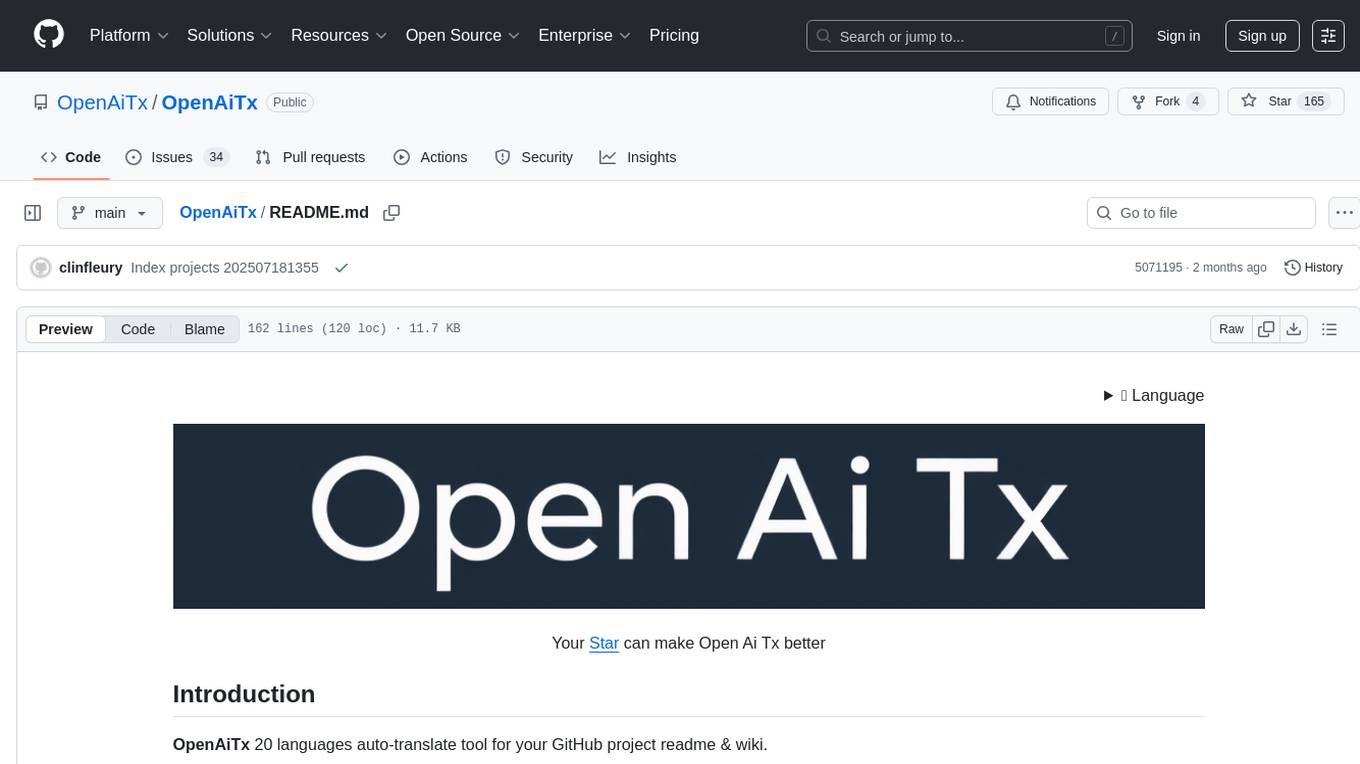
OpenAiTx
OpenAiTx is a language auto-translate tool designed for GitHub project readme & wiki. It uses premium-grade LLM for one-time translation and makes the results freely accessible to the open-source community. The tool supports Google/Bing multiple languages SEO search, which regular client translate tools cannot do. It is free and open source forever, allowing project maintainers to save time by submitting once and auto-updating in the future. OpenAiTx provides users with different style options for language display badges or text, making it easy to integrate into readme files. Contributors can participate by forking the project, cloning it, choosing a script in their preferred language, filling in their AI token, running it, and creating a pull request. It is important not to upload personal tokens for security reasons. The tool is specifically designed for GitHub markdown and aims to help users translate their projects efficiently.
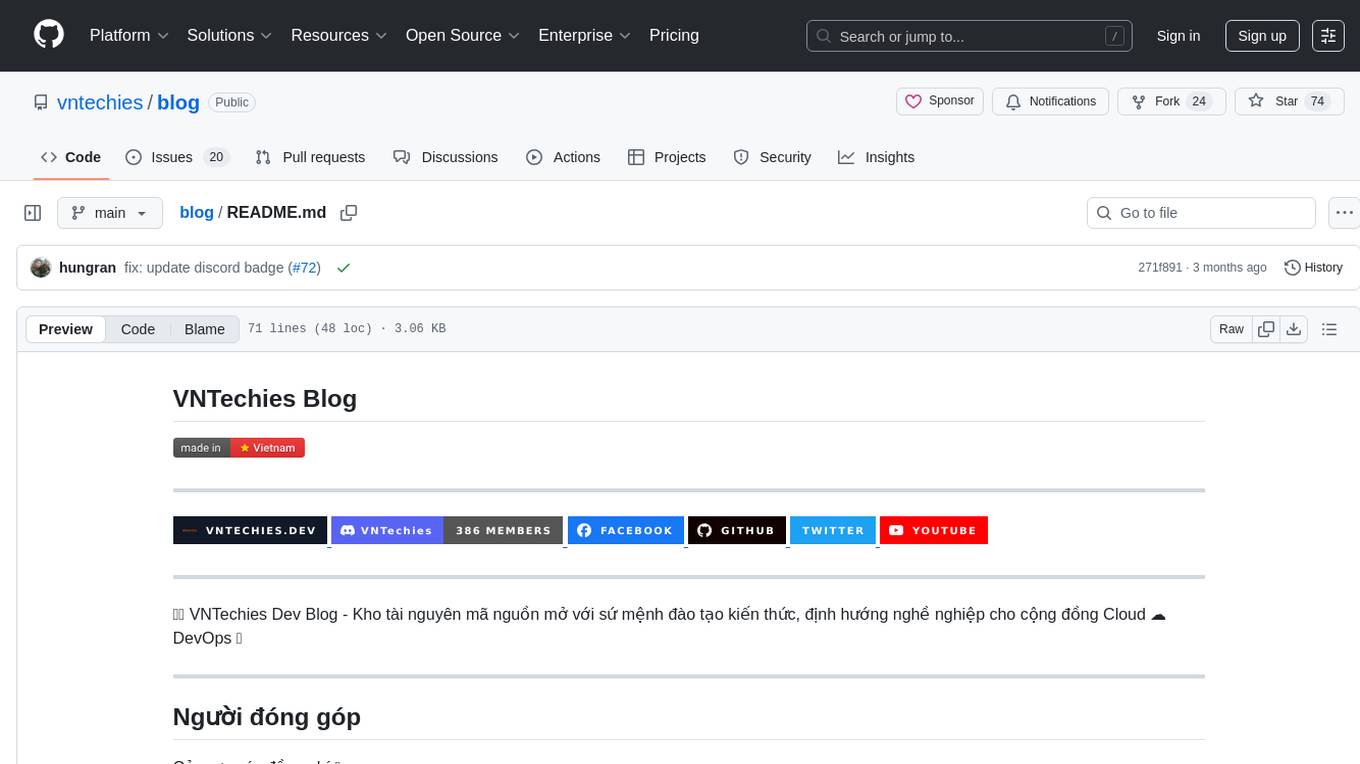
blog
VNTechies Blog is a platform dedicated to sharing open-source resources and providing knowledge and career guidance for the Cloud and DevOps community. The blog encourages contributions and support through donations. All content on the blog and repository is licensed under Creative Commons Attribution-NonCommercial-ShareAlike 4.0 International License.
20 - OpenAI Gpts
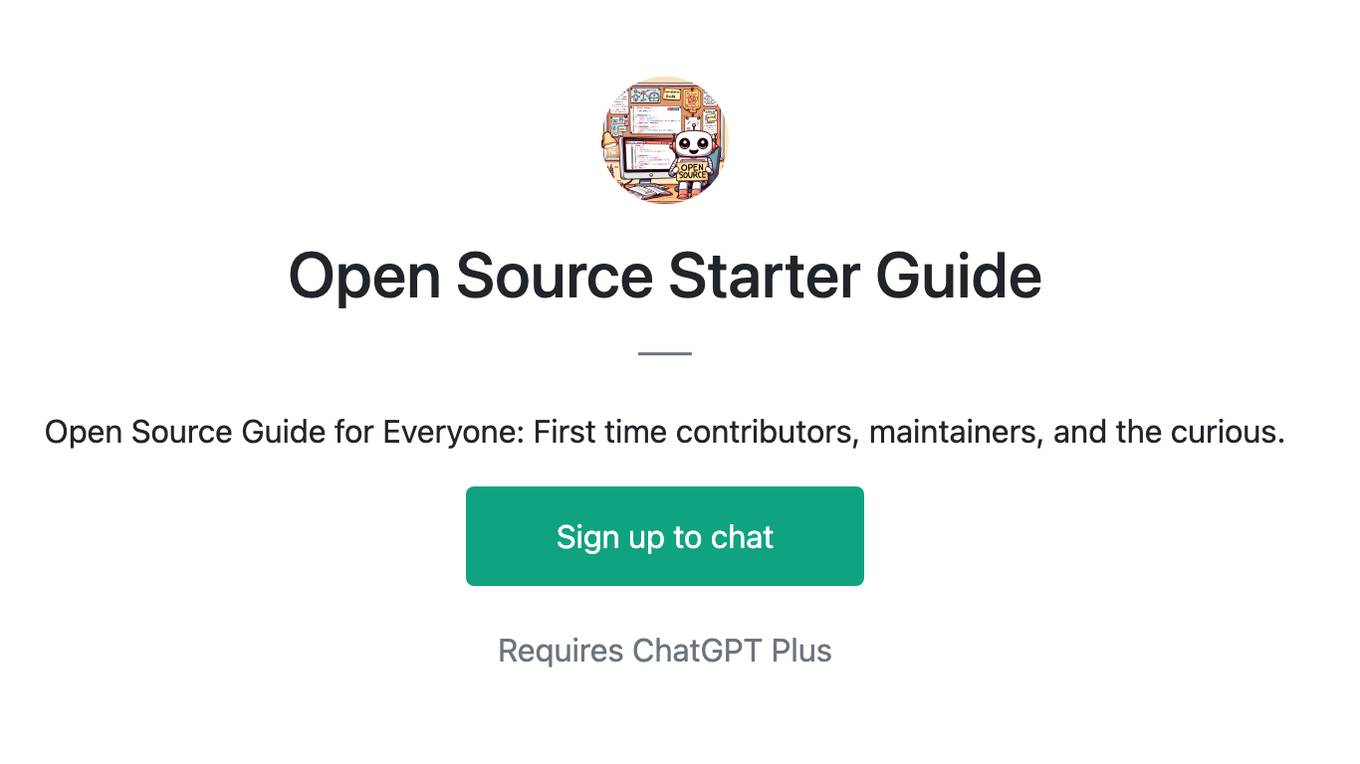
Open Source Starter Guide
Open Source Guide for Everyone: First time contributors, maintainers, and the curious.
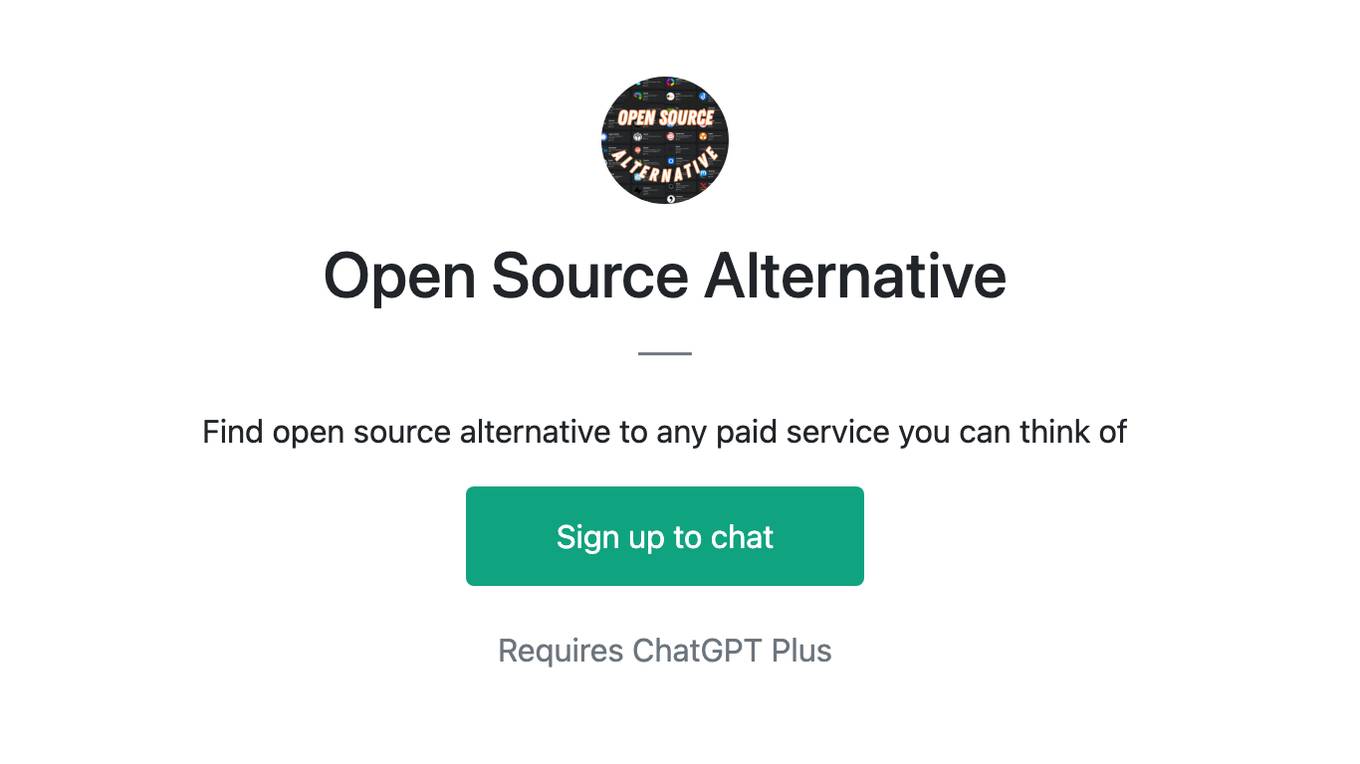
Open Source Alternative
Find open source alternative to any paid service you can think of
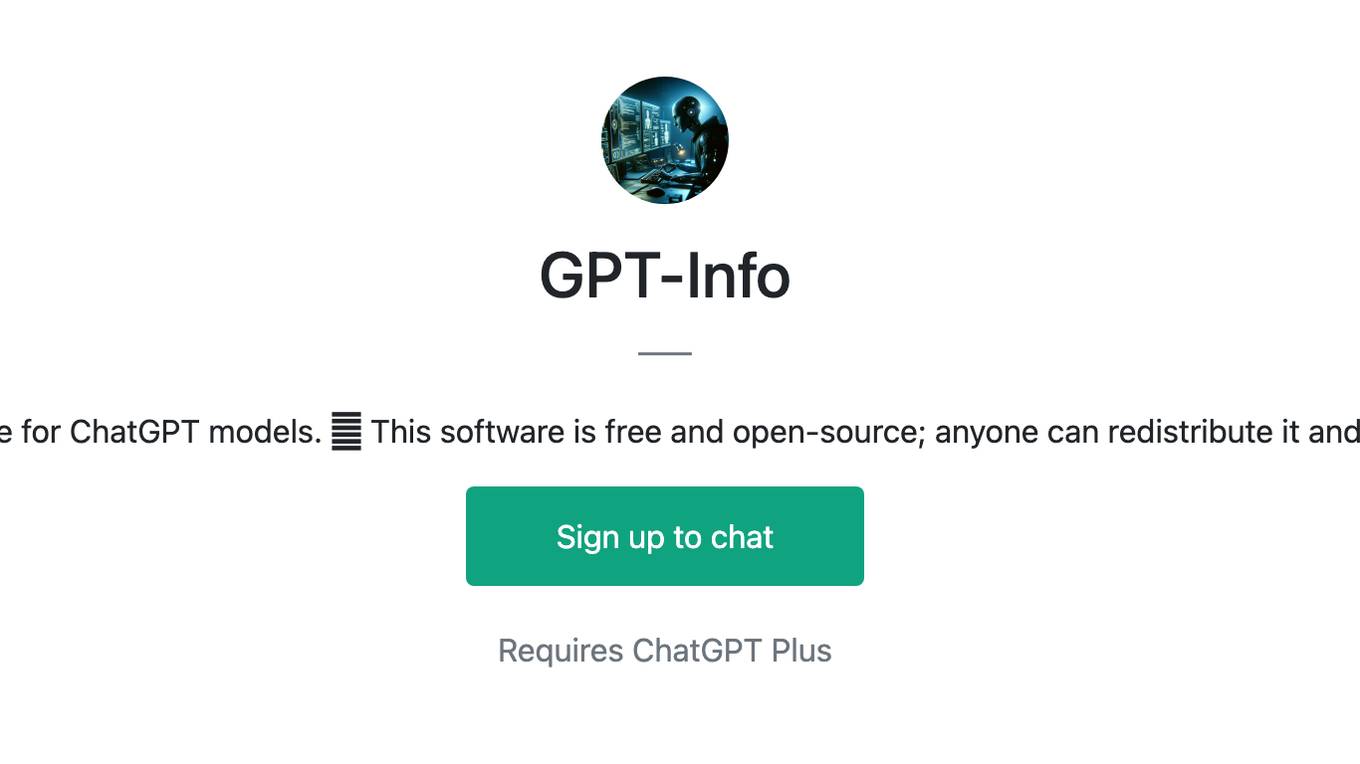
GPT-Info
Extensive guide for ChatGPT models. 🛈 This software is free and open-source; anyone can redistribute it and/or modify it.
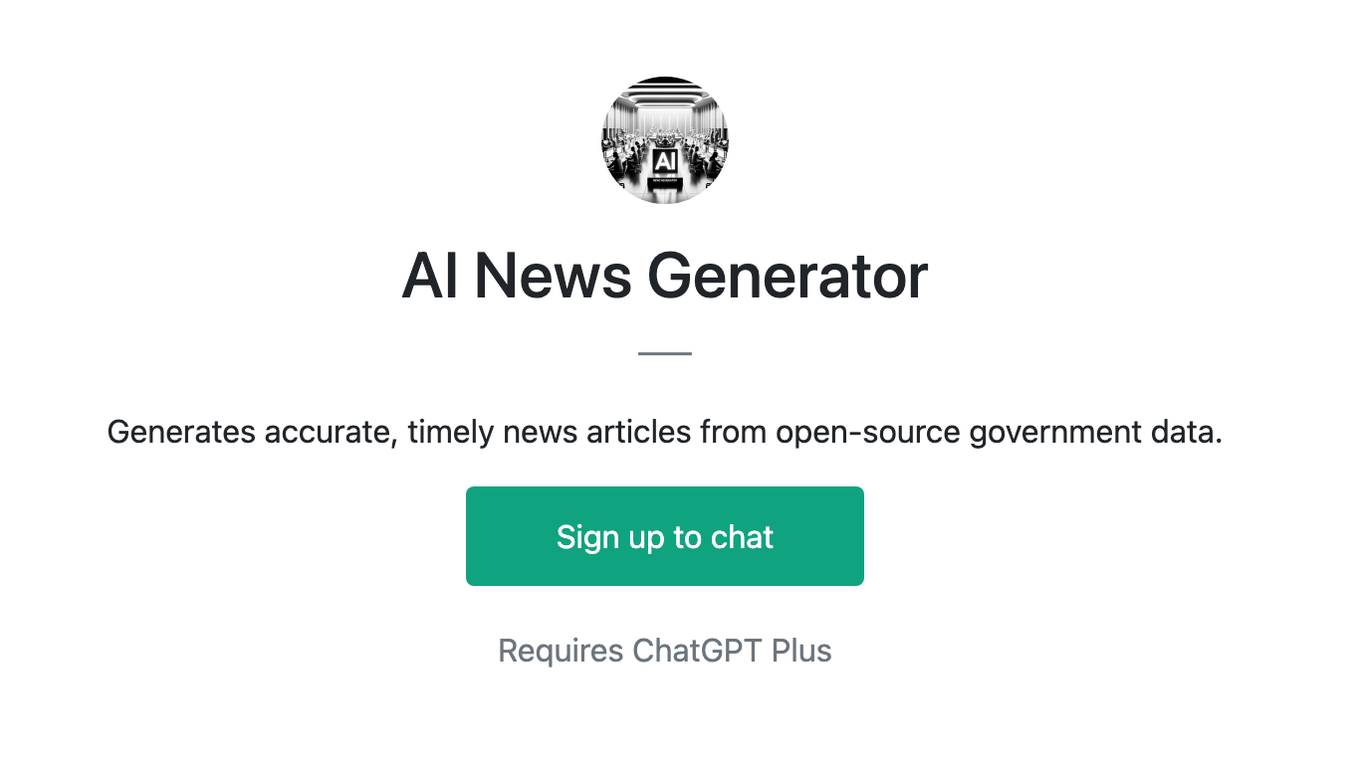
AI News Generator
Generates accurate, timely news articles from open-source government data.
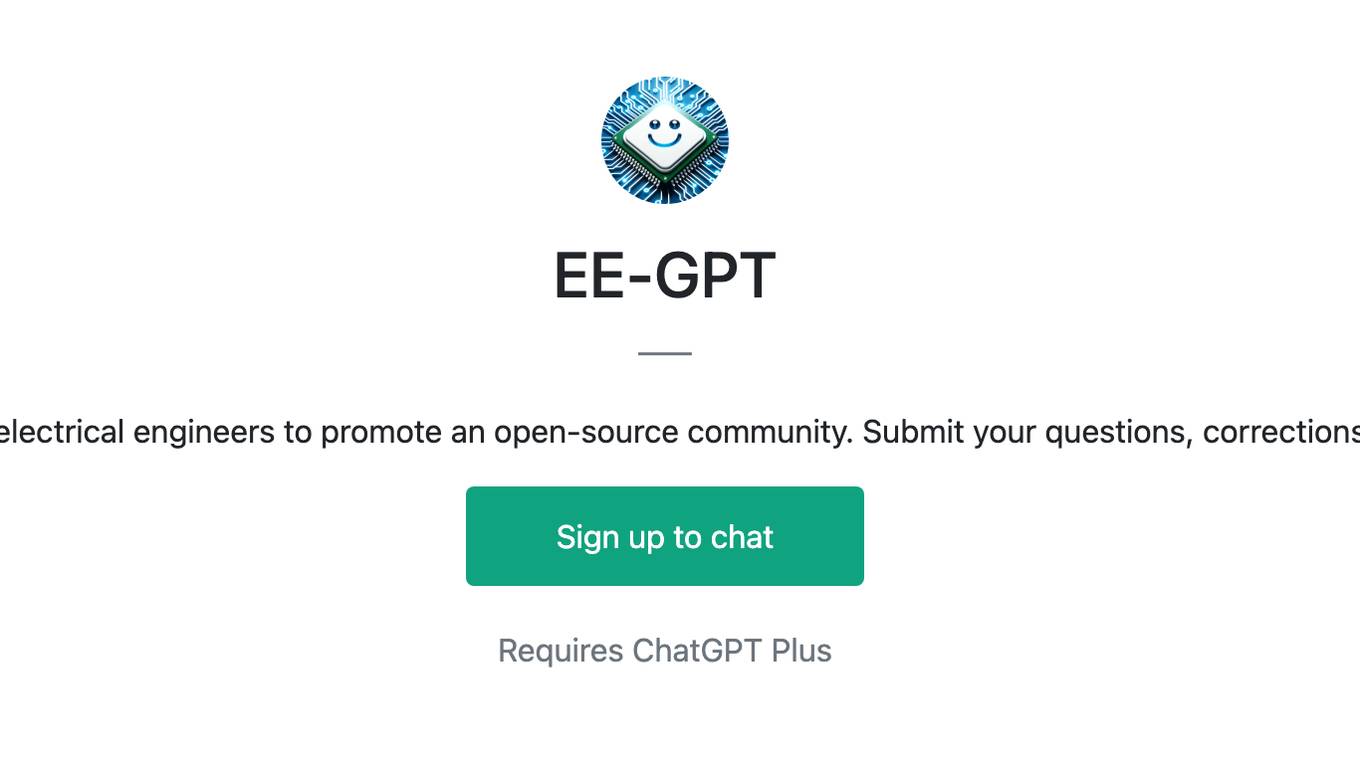
EE-GPT
A search engine and troubleshooter for electrical engineers to promote an open-source community. Submit your questions, corrections and feedback to [email protected]
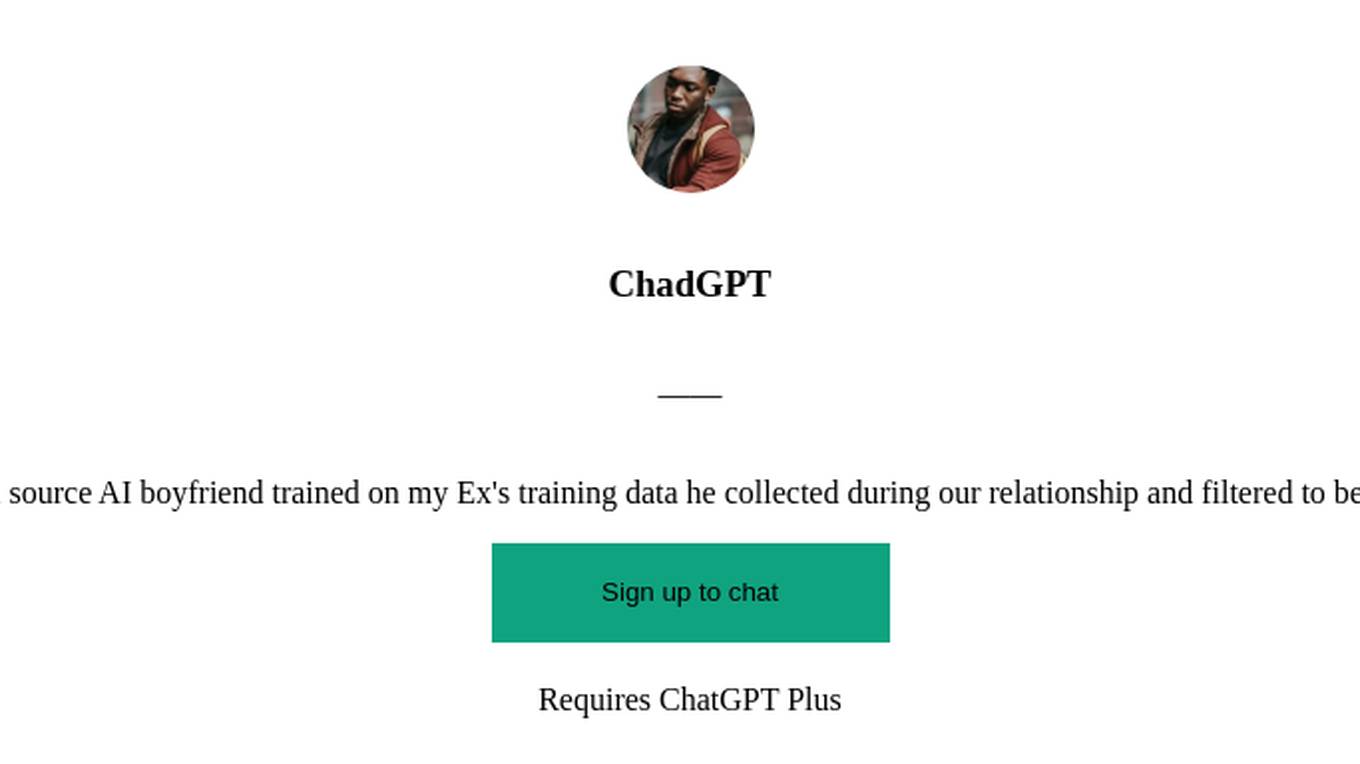
ChadGPT
Dr. Tiffany Love's open source AI boyfriend trained on my Ex's training data he collected during our relationship and filtered to be less of a, well you know
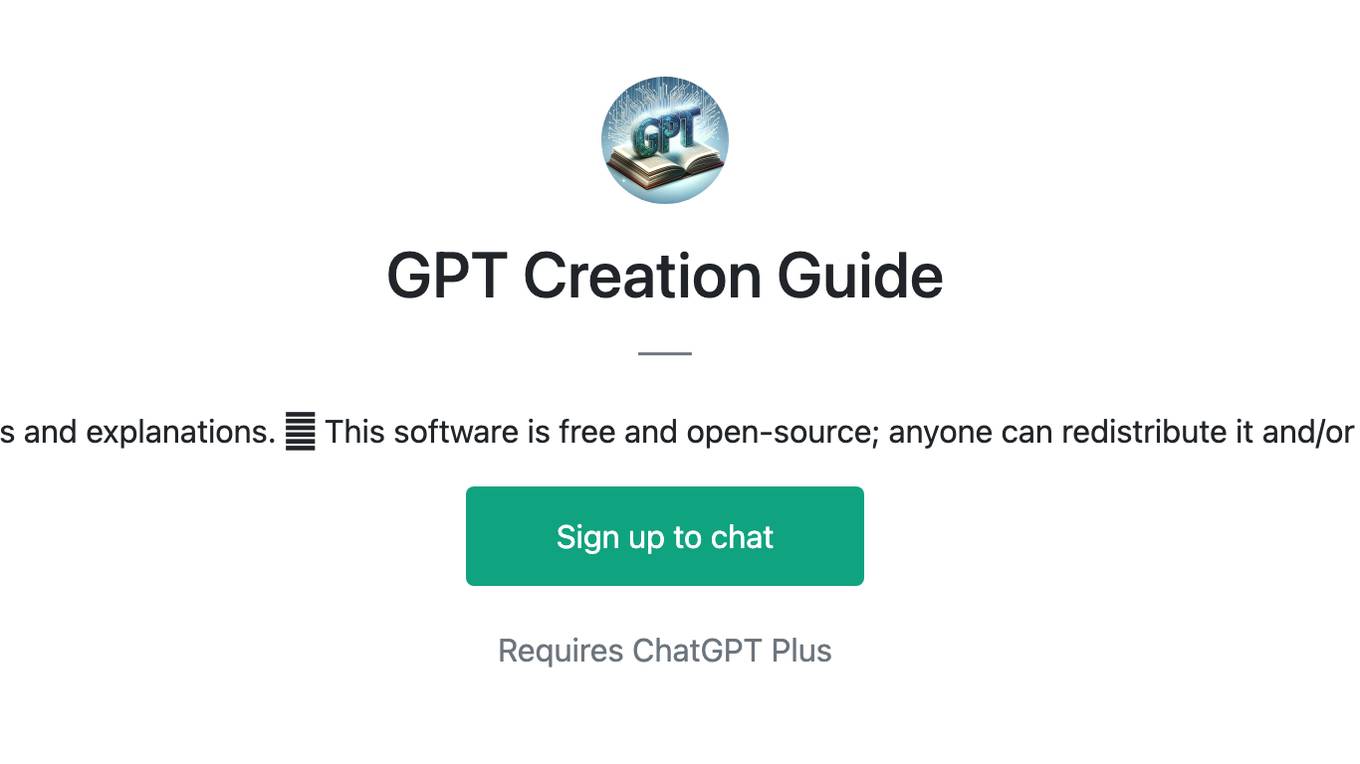
GPT Creation Guide
GPT insights and explanations. 🛈 This software is free and open-source; anyone can redistribute it and/or modify it.
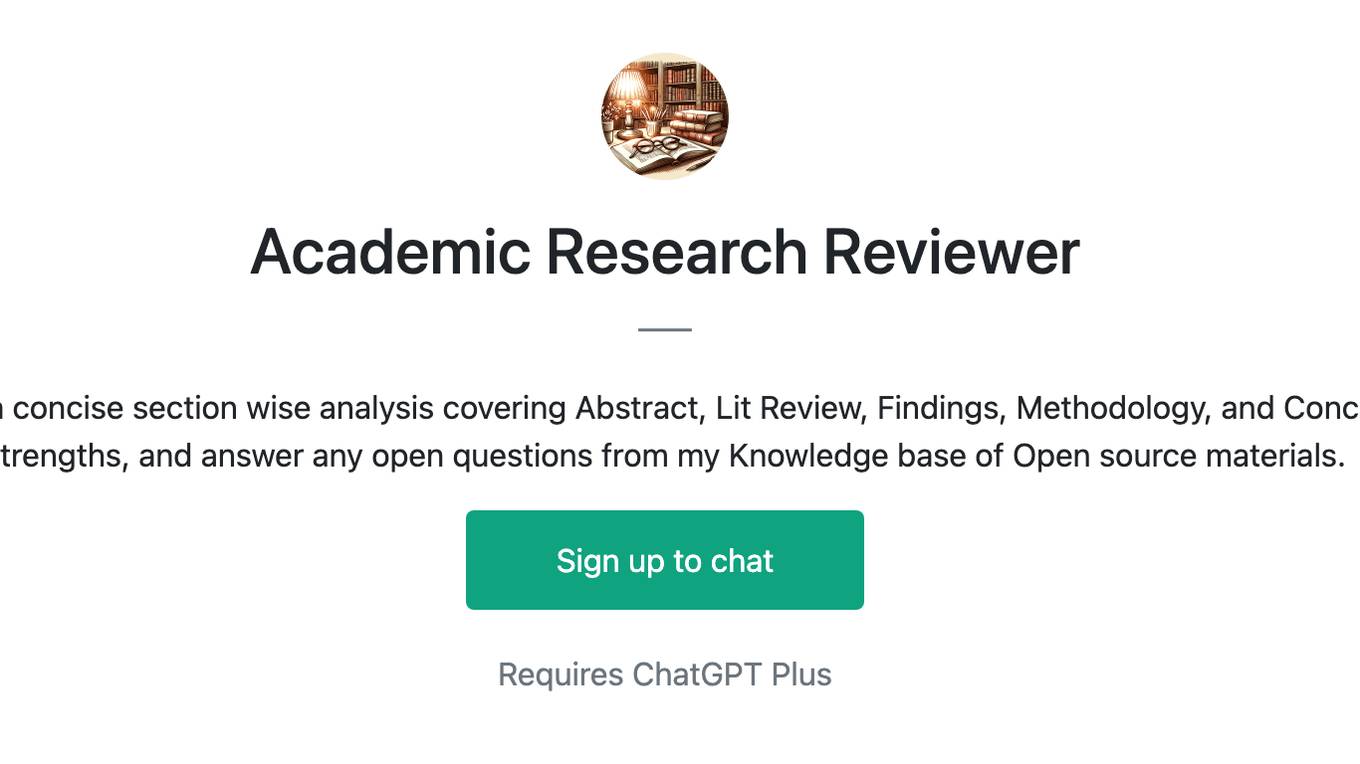
Academic Research Reviewer
Upon uploading a research paper, I provide a concise section wise analysis covering Abstract, Lit Review, Findings, Methodology, and Conclusion. I also critique the work, highlight its strengths, and answer any open questions from my Knowledge base of Open source materials.
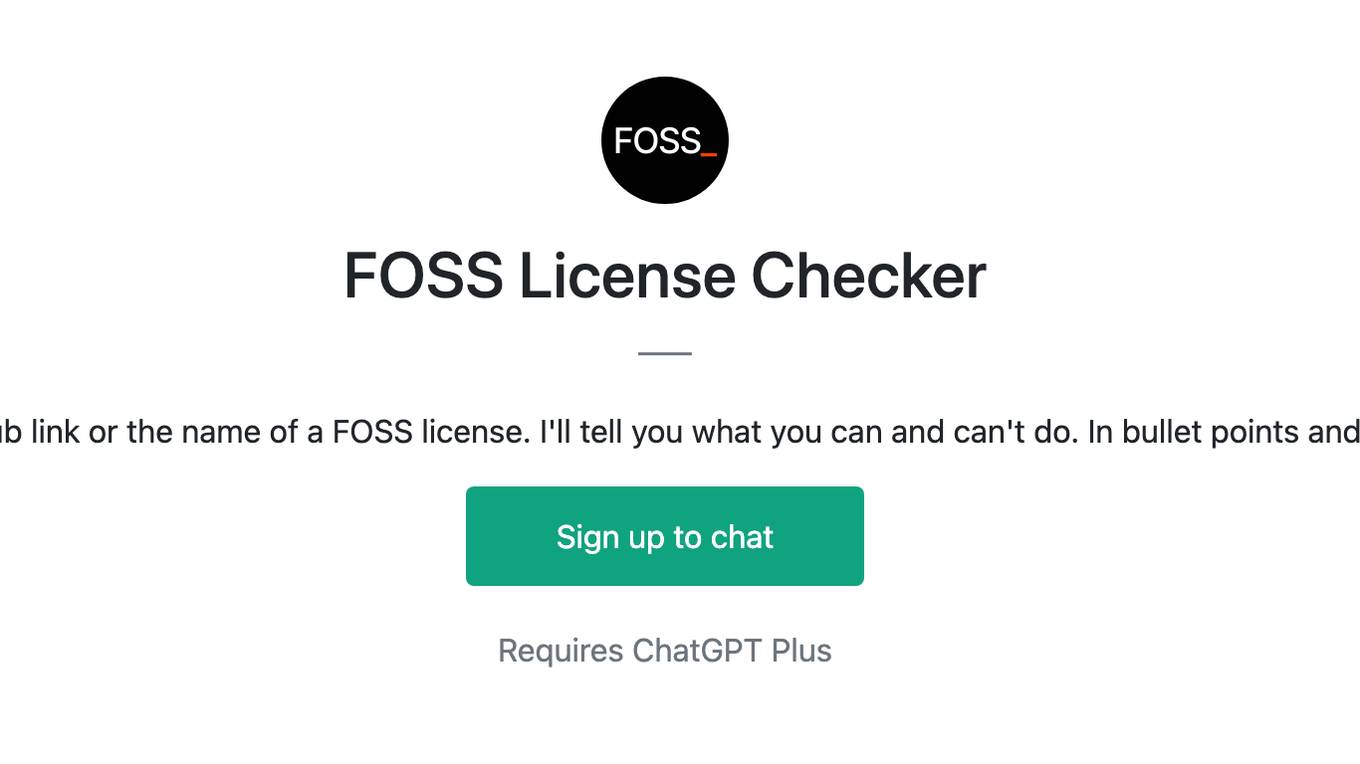
FOSS License Checker
Give me a GitHub link or the name of a FOSS license. I'll tell you what you can and can't do. In bullet points and plain English.
